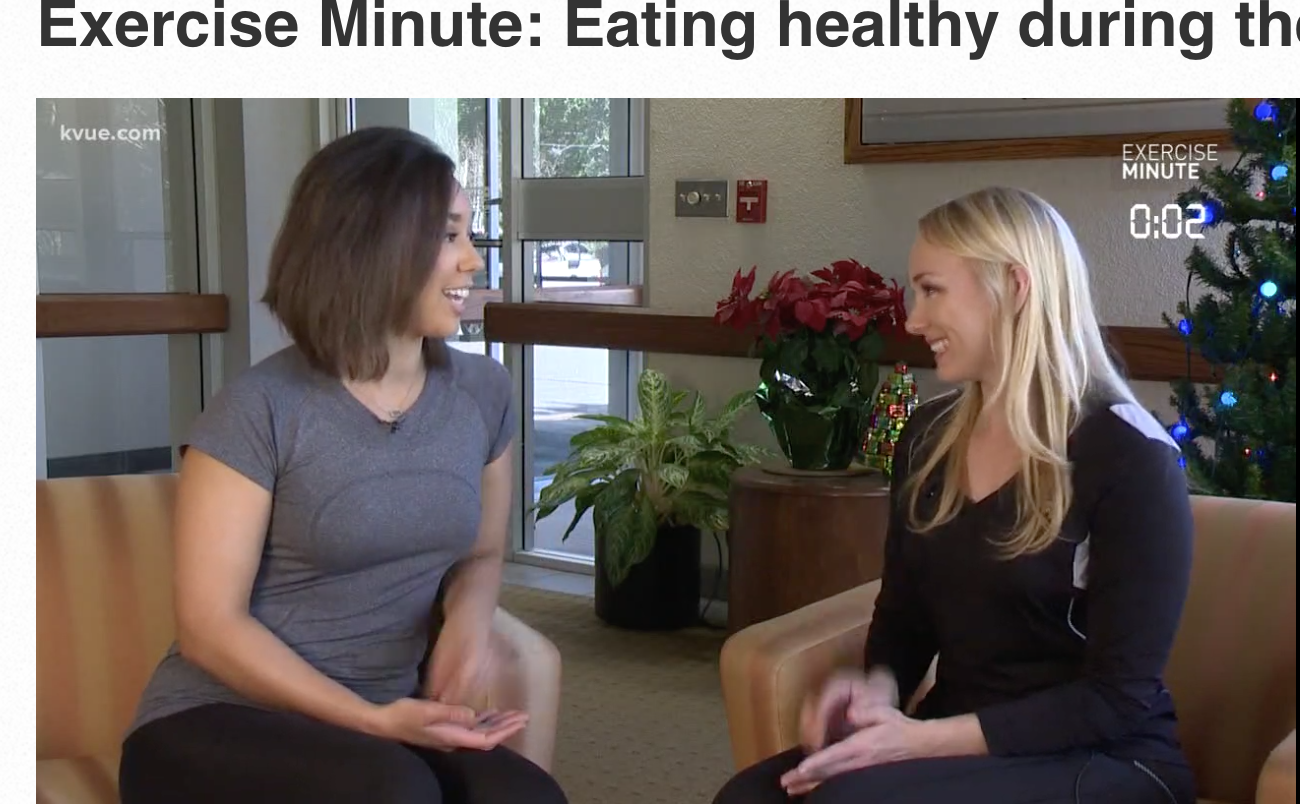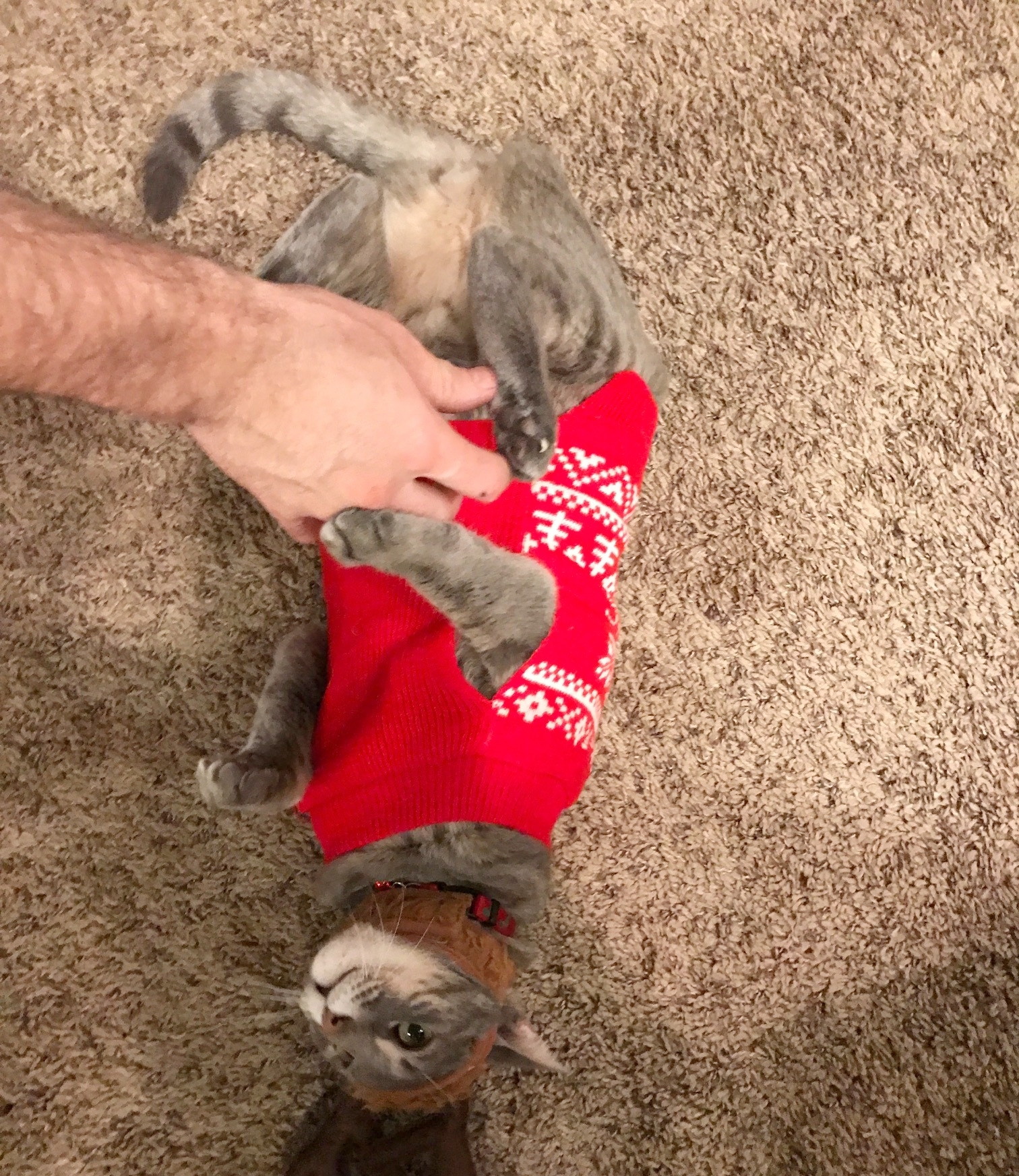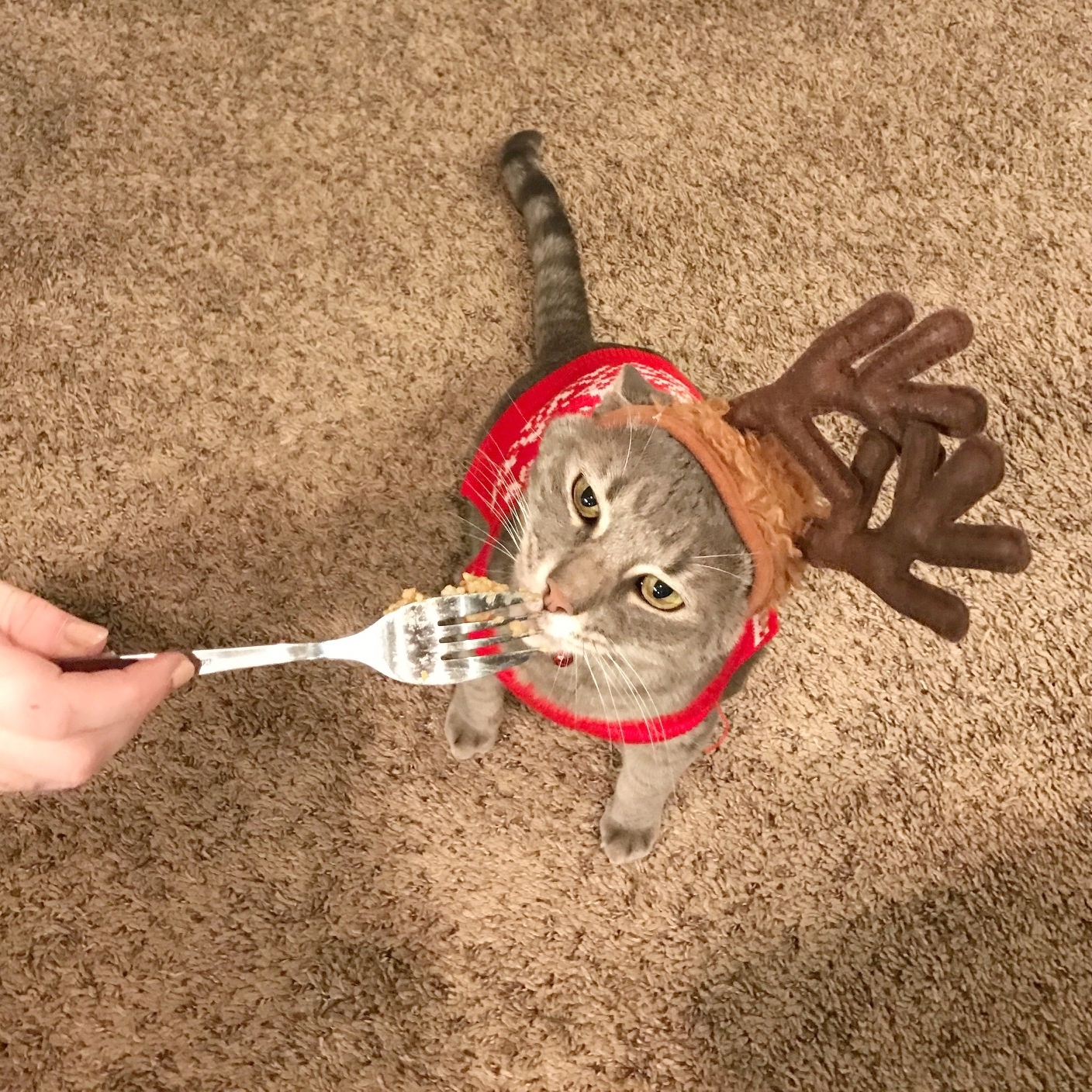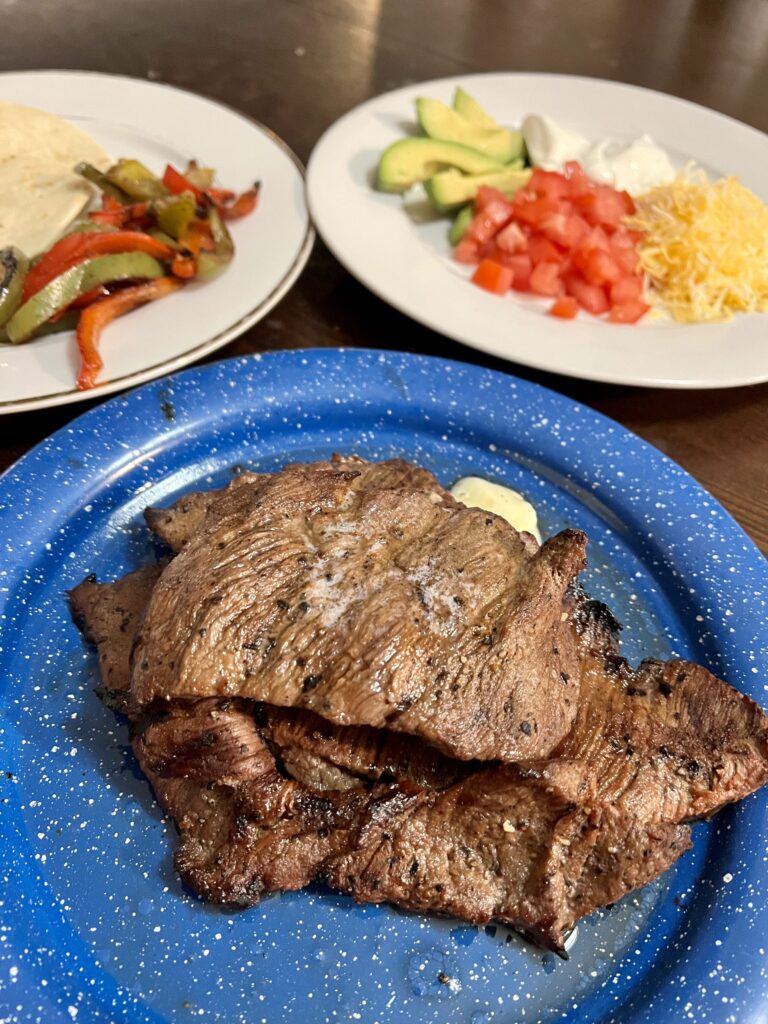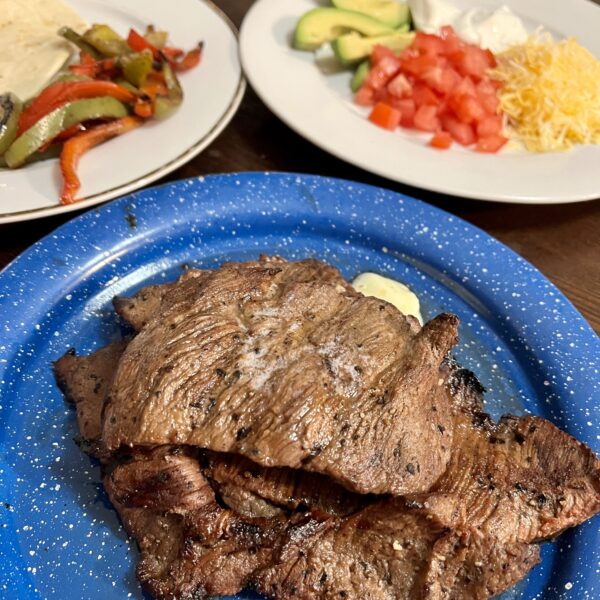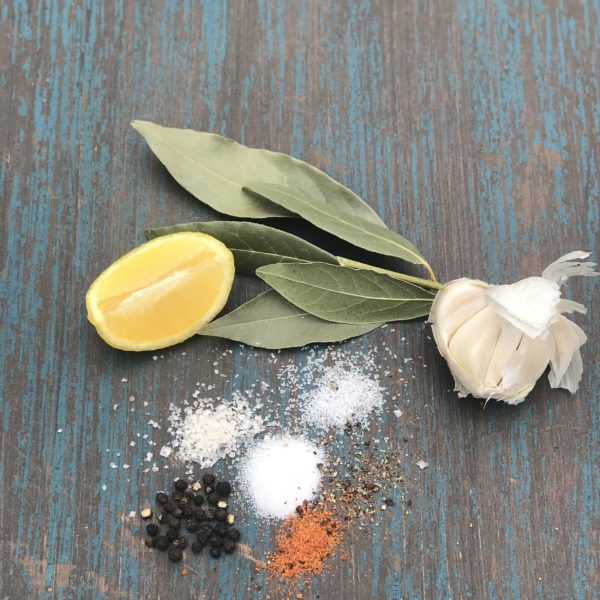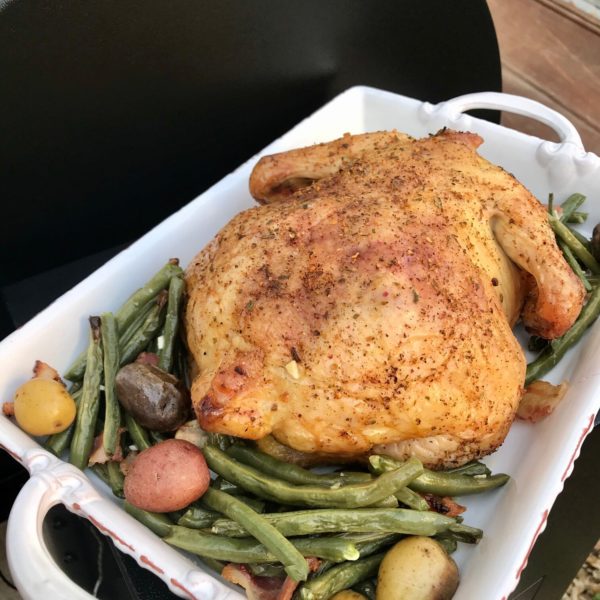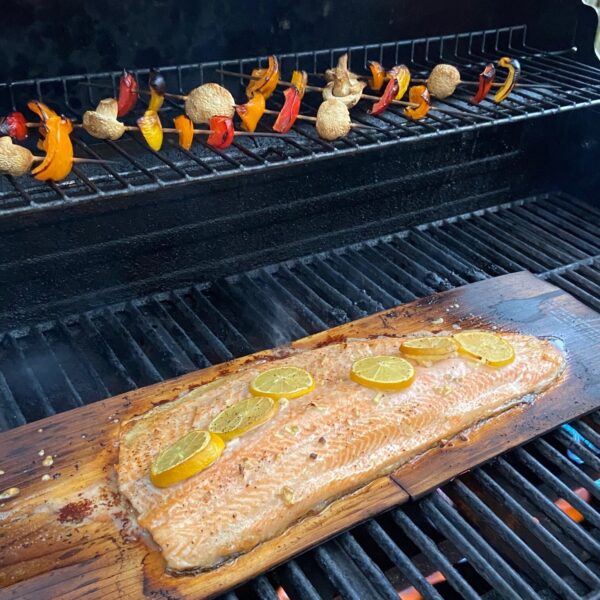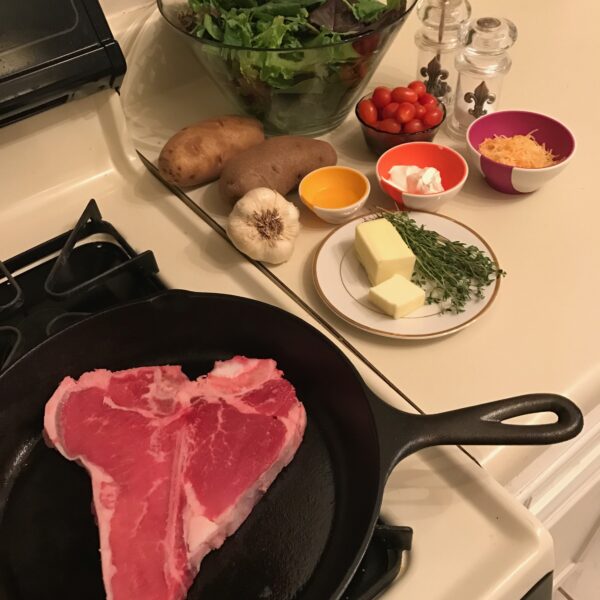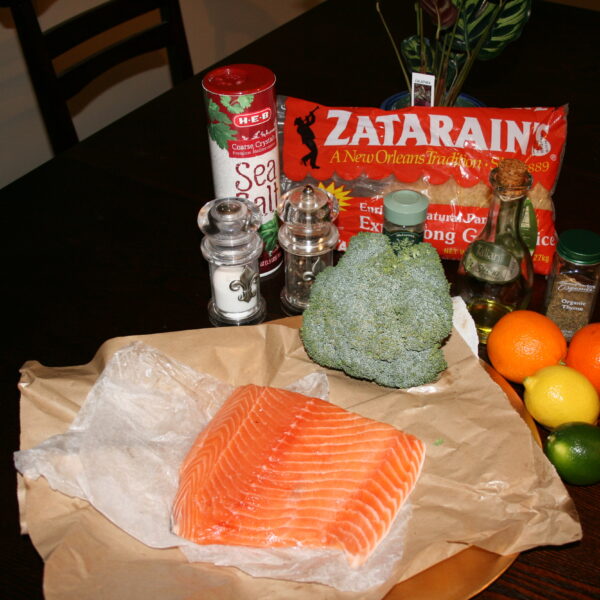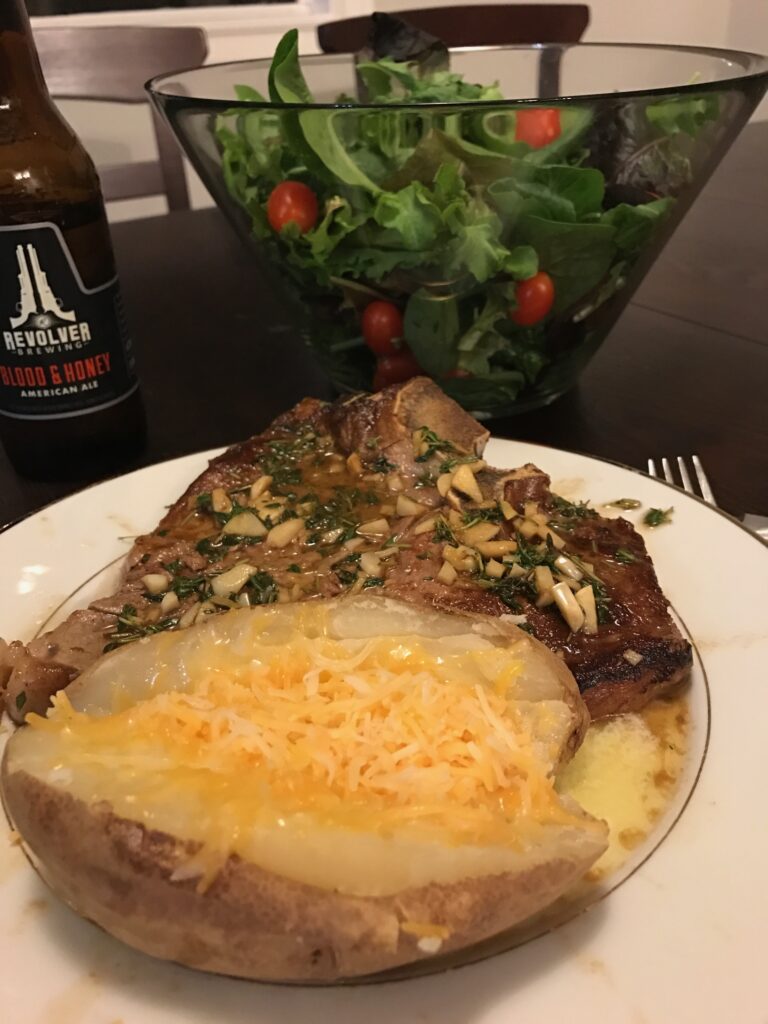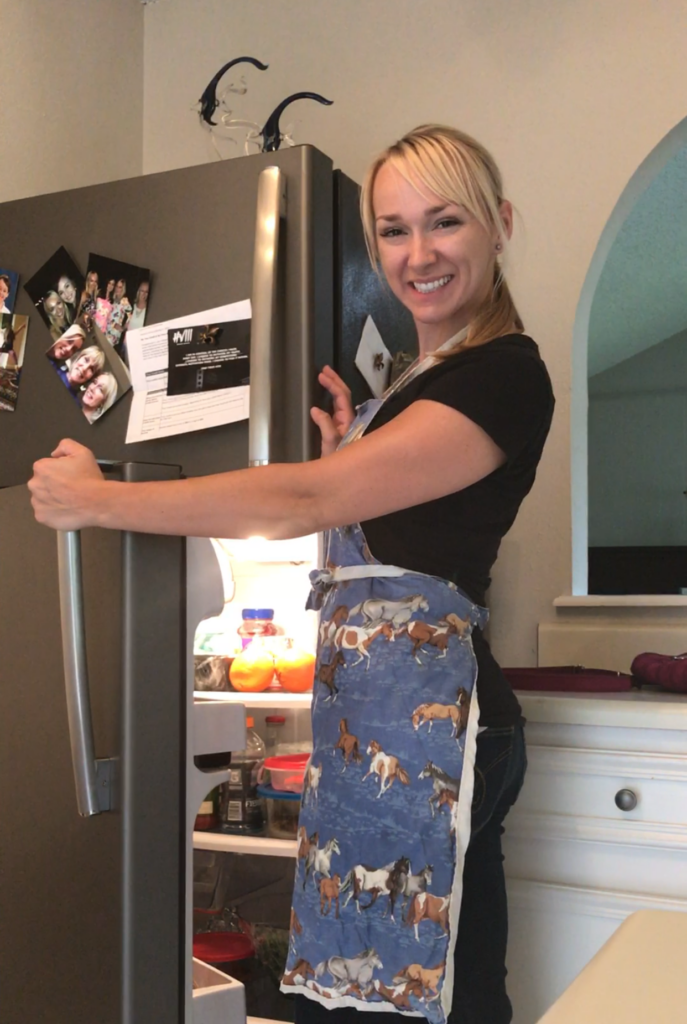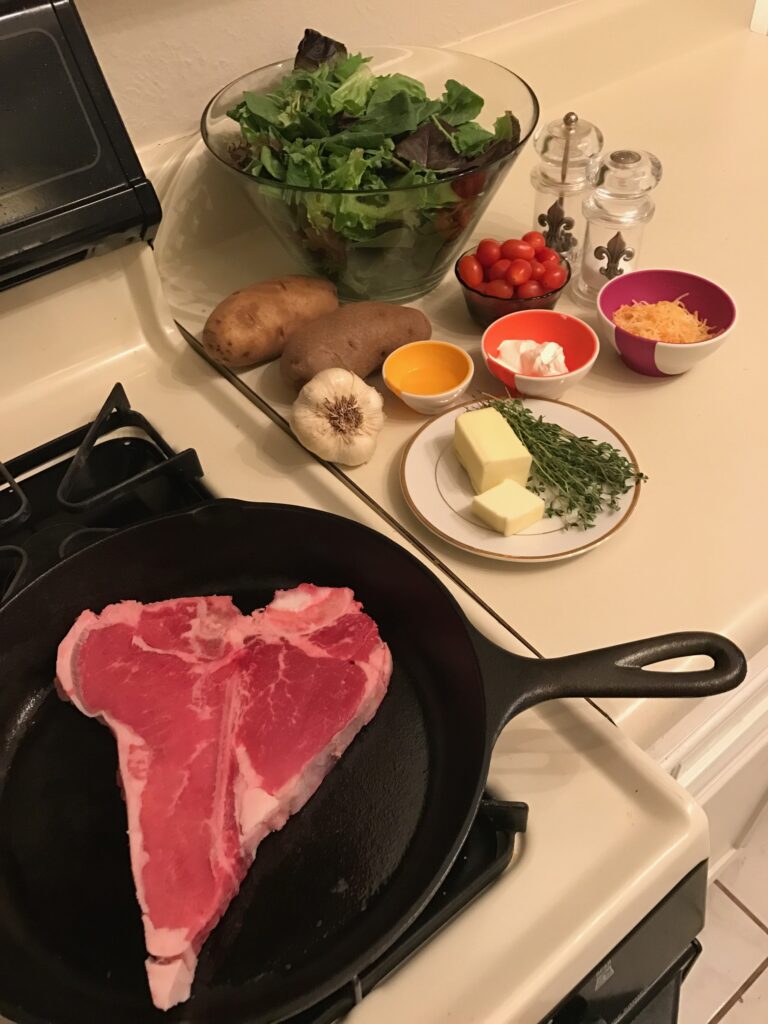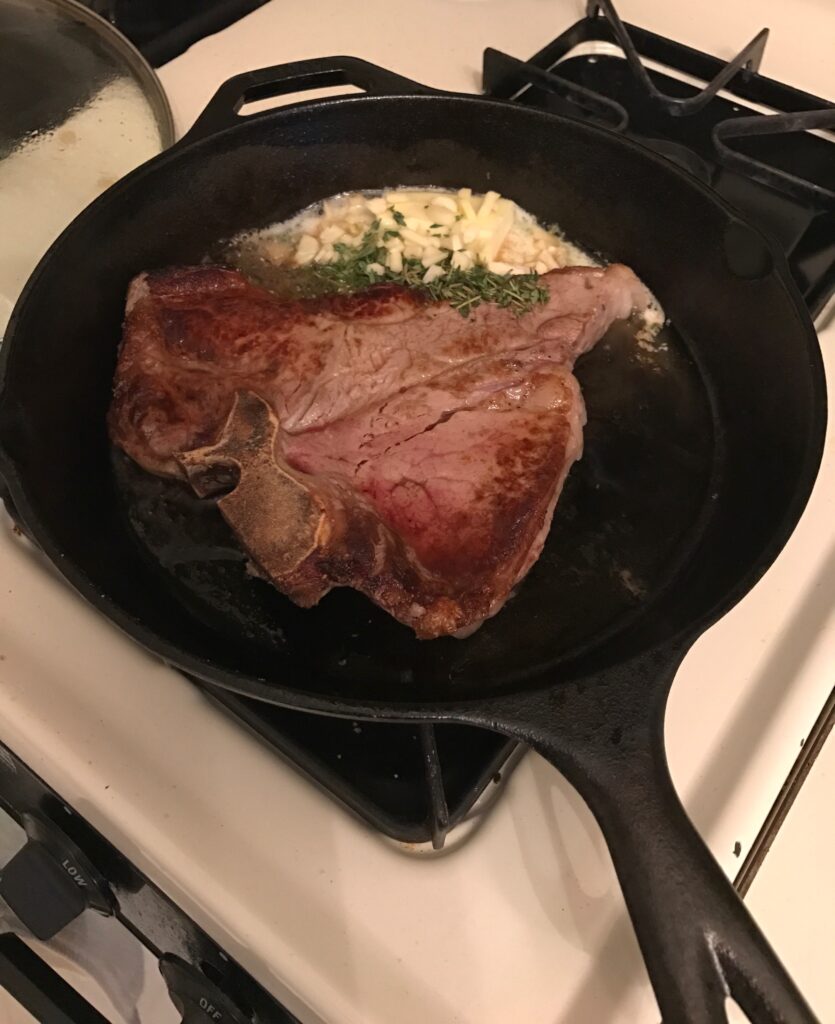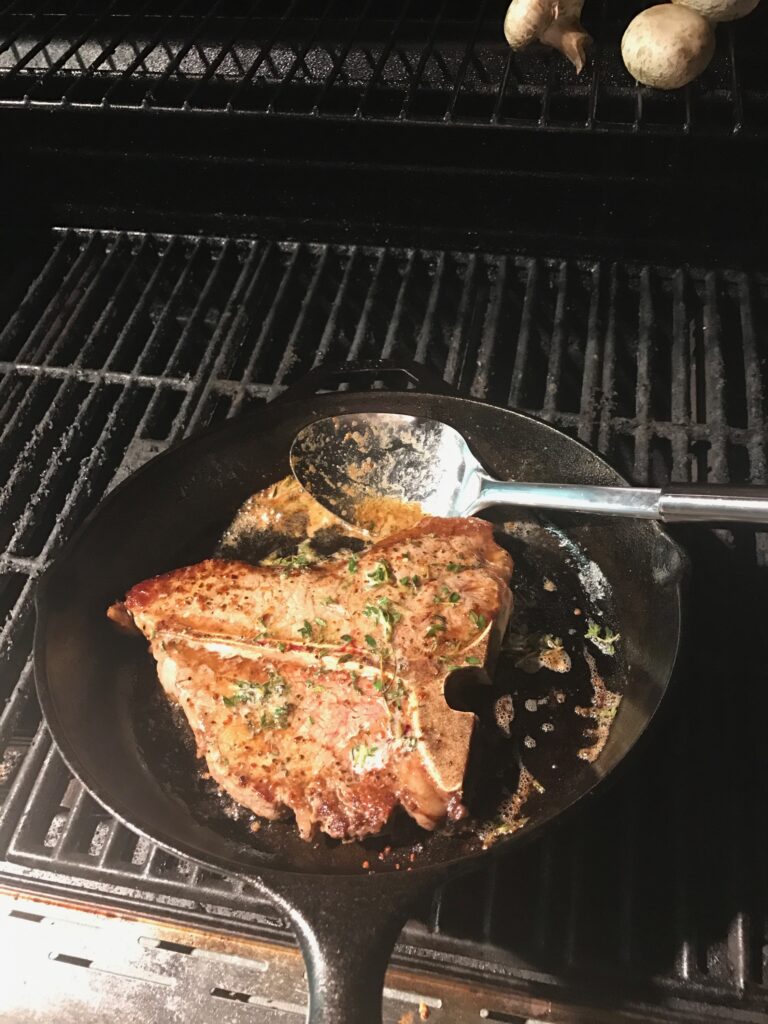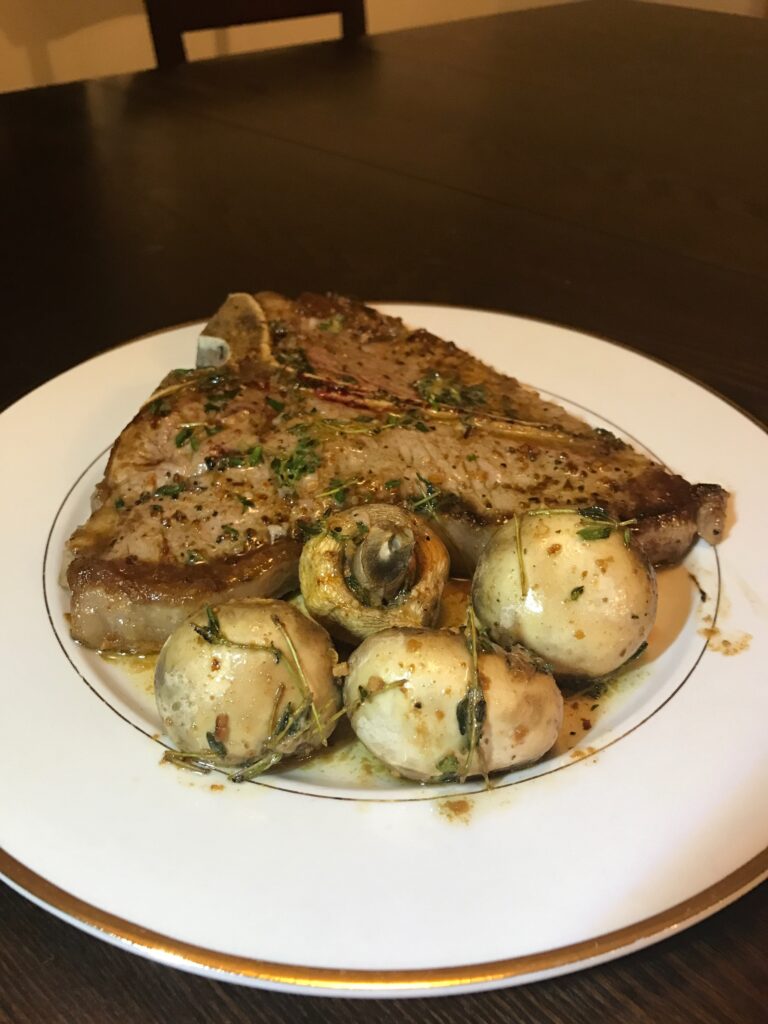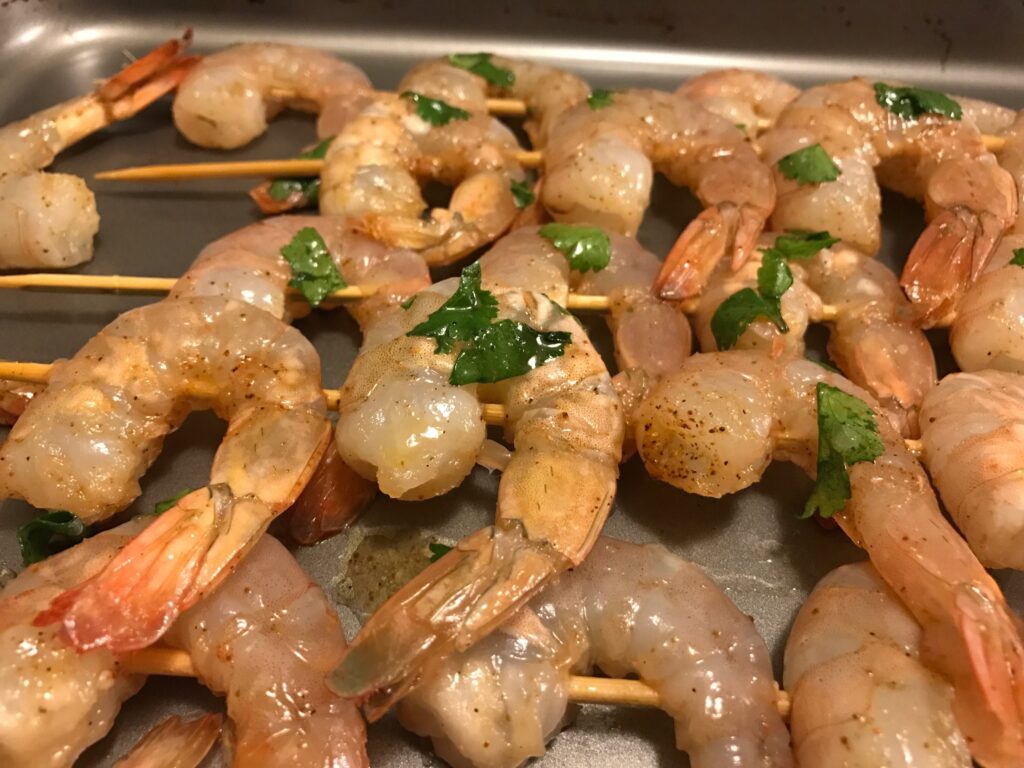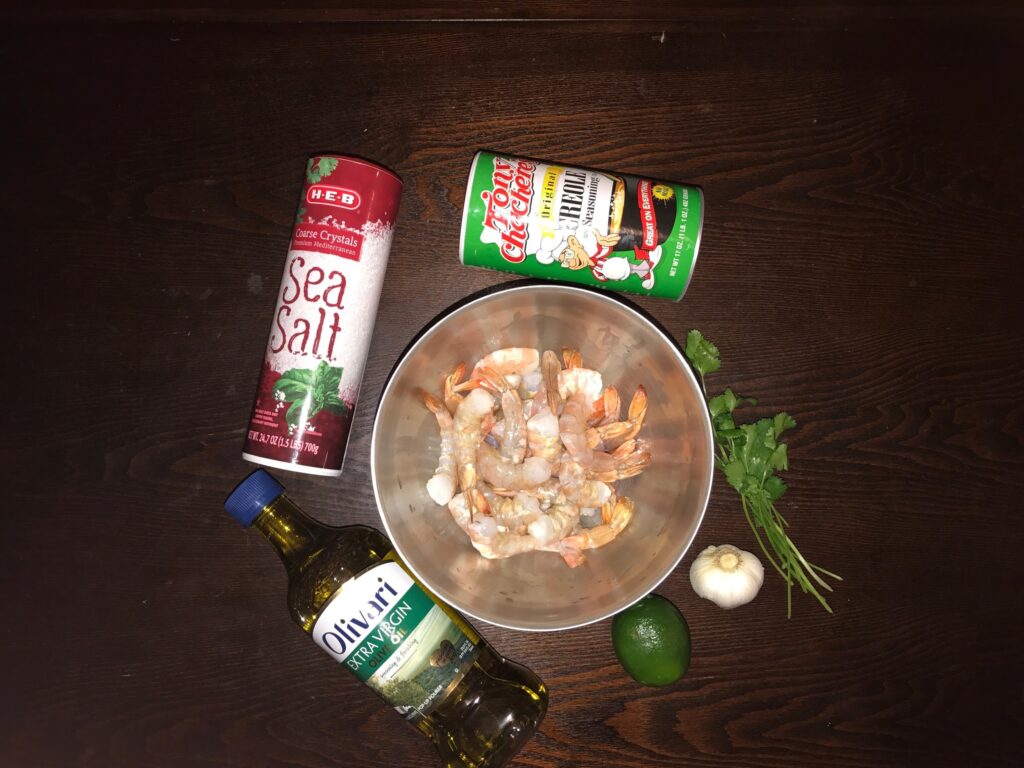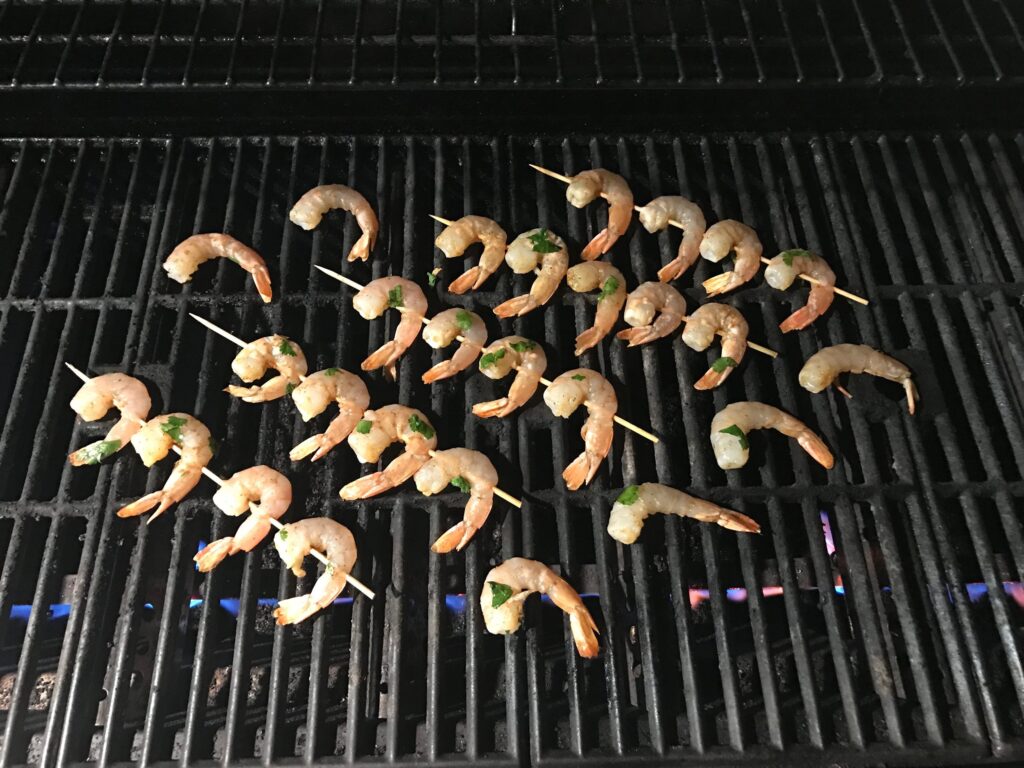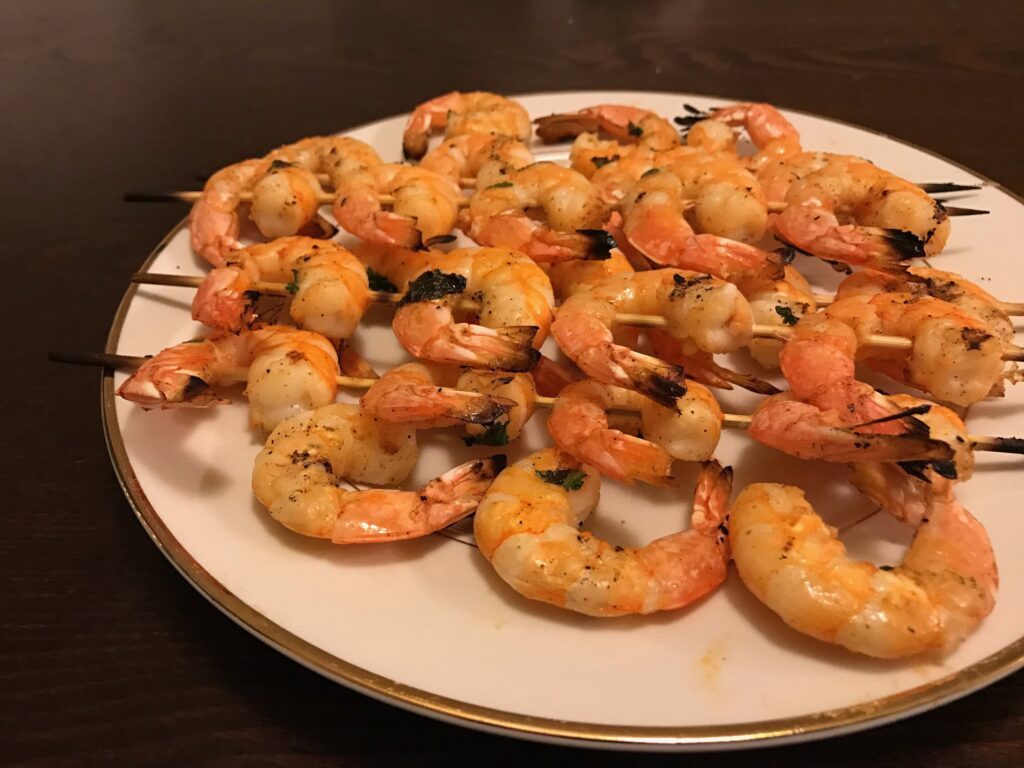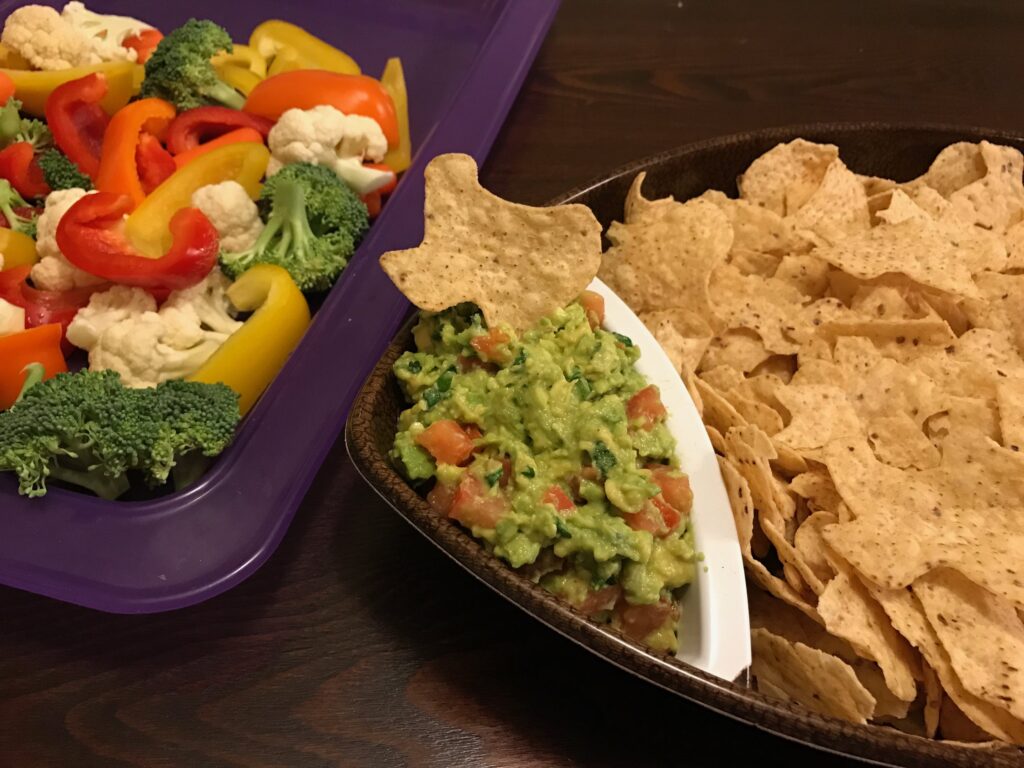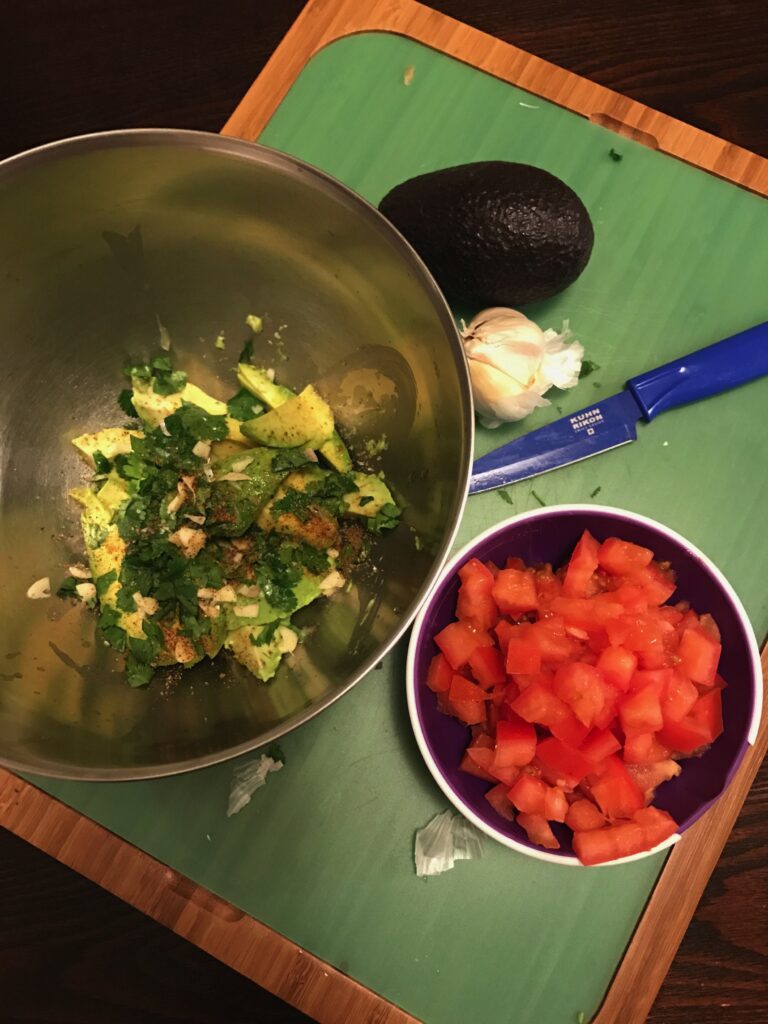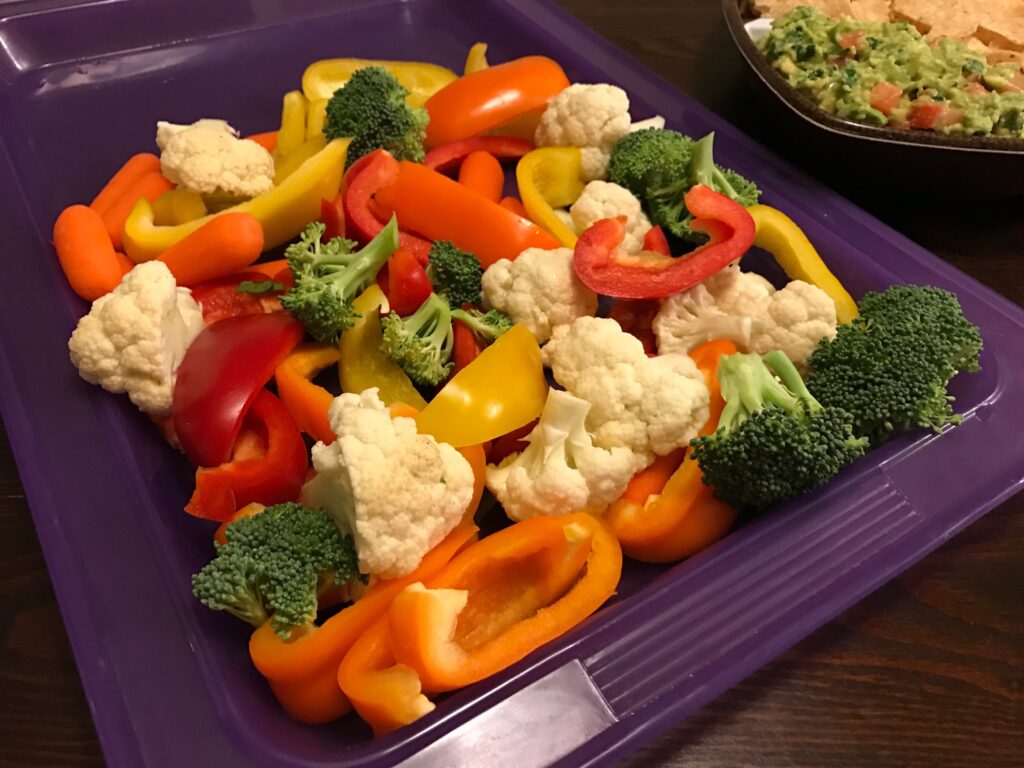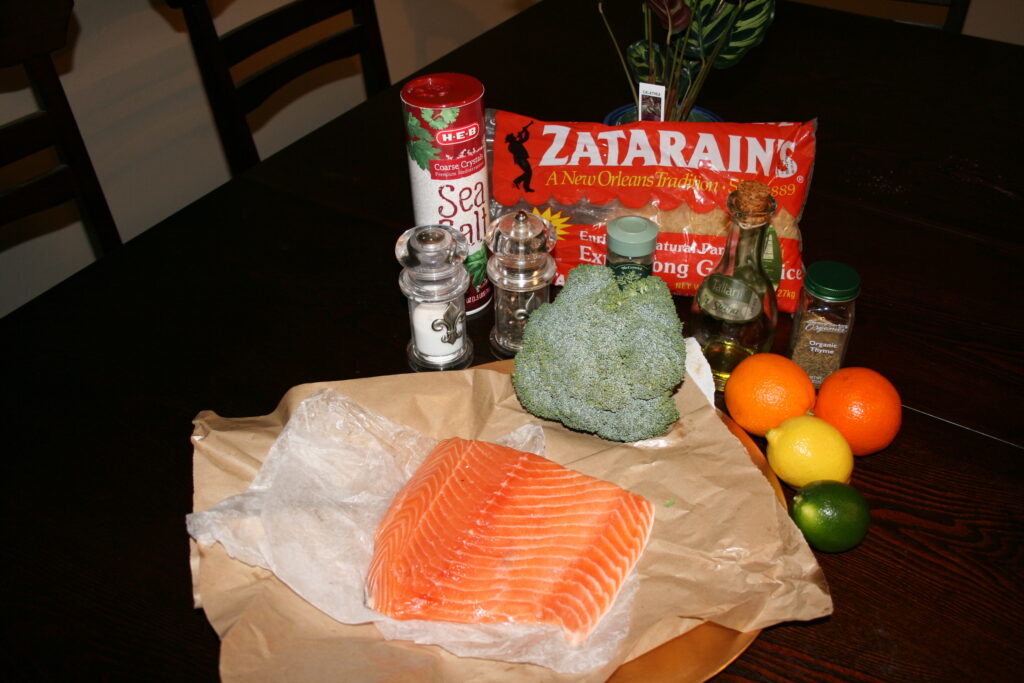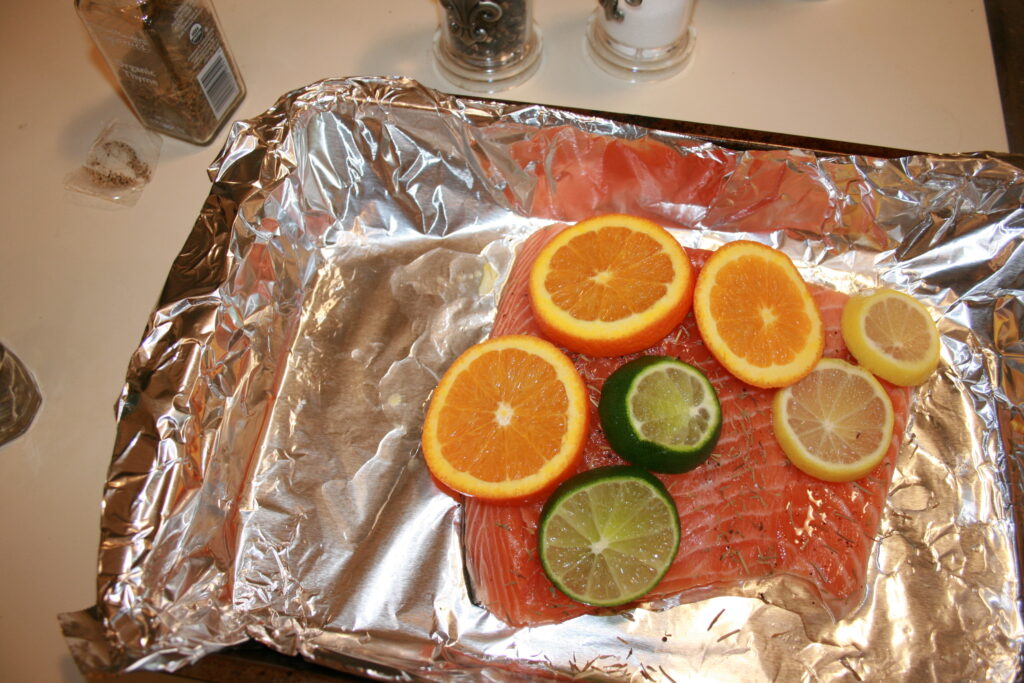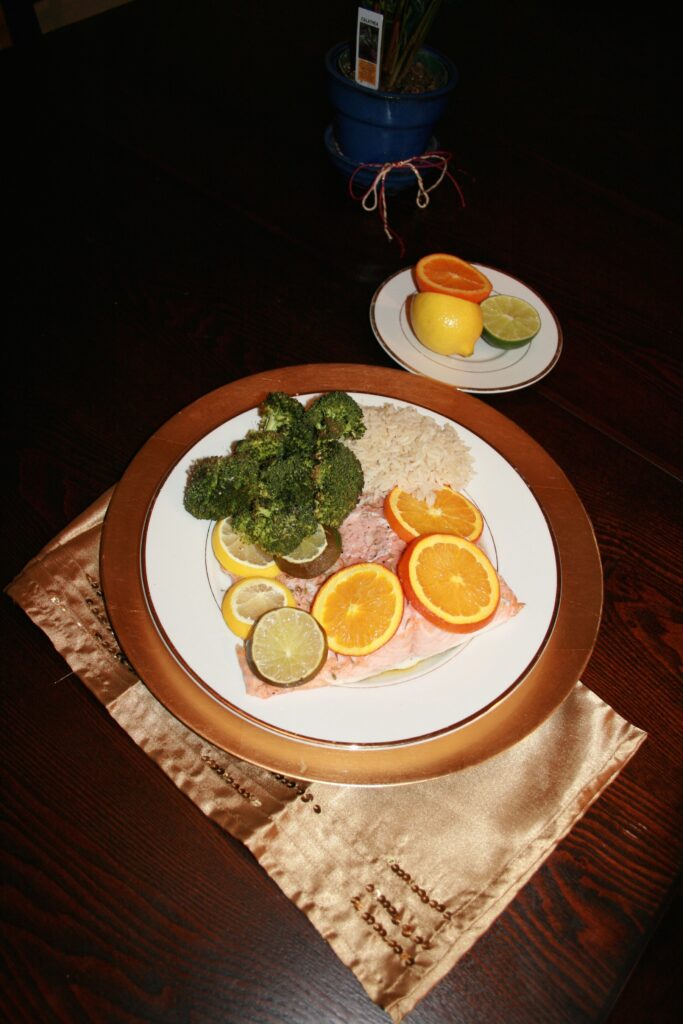We have all heard the term beer belly and made jokes about getting a little belly from drinking habits, but in reality, does alcohol make you gain weight?
The quick answer is, it can. Drinking alcohol does quickly add calories into your diet, and it is easy to consume a lot of them! There are many factors for whether or not you gain weight if you drink, because the human body is pretty complicated, so read along and see how alcohol consumption affects your weight gain or loss.

How Many Calories Are in Alcohol?
Alcohol is fairly calorically dense. There are 7 calories in each gram of alcohol. For reference, there are 4 calories in each gram of protein and carbs, and 9 calories in each gram of fat. (These are kilocalories, which is what you think of when you see nutrition labels).
Calories per gram of macronutrient:
- Carbs: 4 calories per gram
- Protein: 4 calories per gram
- Fat: 9 calories per gram
- Alcohol: 7 calories per gram
This 7 calories per gram only refers to the alcohol content. This doesn’t even count the calories in the rest of the drink. A sweet margarita will have all the sugar calories as well, for example.
I had a nutrition professor in my undergrad classes who said, “Drinking alcohol is like drinking cooking oil.” BLEH. What a visual!
Alcohol calories aren’t good for you in any way. Calories from the other macronutrients (protein, fats and carbs) are building blocks in your body. When you consume the macronutrients, you are also taking in micronutrients, such as vitamins and minerals. Alcohol unfortunately doesn’t have any redeeming nutritional value.
Happy New Year! Read this how to for bulletproof ideas for New Year fitness resolutions.
Why Does Alcohol Make You Gain Weight?
We know that on a large level, alcohol consumption disrupts other processes happening in the body. The body prioritizes breakdown alcohol rather than the other metabolic tasks it was working on, such as burning fat. Steiner, et. al do a great job explaining how alcohol affects fat metabolism, increases inflammation, and can results in gain fat, especially at the midsection.
The takeaway is that alcohol adds to the stresses on the body and increase inflammation.
How The Body Gains Weight
Remember earlier I said that there are many many factors behind weight loss or gain? Let’s discuss that now. The human body does work on a Calories In, Calories Out (CICO) model. The rate at which you burn calories is your metabolism. Metabolism is affected by many factors, including type, duration, and intensity of exercise, amount of muscle maintained, sleep, stress, health of the body in general.
The amount of calories in, of course, is how many foods and drinks you consume. Whether you are counting or not, your body is. I don’t always advise counting, and you don’t have to count calories or macros to see progress. But know that your body is of course registering the calories you take in.
Calories out is affected by the speed of your metabolism and how much you exert yourself. You’ll be burning calories at rest, and then burning more as you move and exercise.

Is the Beer Belly a Real Thing?
Yes and no. Drinking beer in excess can absolutely lead to belly fat gain. Beer is 150-300 calories per 12 ounce serving, and beers are fairly easy to drink quickly. Is this weight gain exclusive to beer drinking though? No. Drinking any kind of alcoholic drink in excess can can a beer belly type fat gain.
How to Drink and Not Gain Weight
As you can see, whether you gain or lose weight is complicated, and it depends on the sum of all those things: metabolic rate, calories in, and calories out. This is why “does drinking make me fat” is a hard question to answer. You have to factor in the rest of your life, and how much you are eating, drinking and exercising.
If you’d still like to drink and not gain weight, then make sure you are also eating well, and in the right proportions.
A shot of liquor on the rocks will have fewer calories than a mixed drink, a glass of wine or a beer. But beware, it doesn’t have less alcohol. It just has fewer calories because it has fewer things mixed in.
How Do I Track Alcohol Calories?
If you are tracking your macros, how do you track your alcohol calories? I suggest that you consider alcohol calories carb calories. Let’s take, for example, my favorite beer: Pinthouse PIzza’s Electric Jellyfish IPA. The average IPA has about 200 calories per 12 ounces. Let’s say I have two of those. (And pizza, because that’s what you do at Pinthouse).
Since I had 400 calories total, we’ll call that 100 grams of carbs. That’s how I would track it.
The math is: 200 calories x 2 beers = 400 calories.
400 calories of carbs = 100 grams, because we know that 1g carbs = 4 calories.
Whew! 100 grams of carbs is a lot! I could have had 3 bananas, or a serving of pasta and bread. Again, if I was eating pizza, I’d probably have that in addition to the alcohol, and now you can see how it adds up so quickly.
Other Factors That Make You Gain Weight While Drinking
Like the previous example of just having a couple beers with a meal, you can see how eating and drinking add up. Drinking can also lower your inhibit and alter decision making. You might be great at stopping eating when you have had enough in real, sober life. But with a little buzz? Yahhh, you can absolutely finish that pizza!
Lowering inhibitions and increasing hunger definitely lead to increased caloric consumption, not just from alcohol. This all adds to the Calories In side of the CICO equation.
How Do I Drink Alcohol and Not Gain Weight?
The answer here is to look at the sum of your habits. If you can drink in moderation, and are eating the right amount of food, and exercising in an amount that pushes your weight maintenance/loss in the right direction, then yes. In that case, you can drink and not gain weight.
You can have straight drinks instead of fruity, sugar-added cocktails to keep down the calorie count too.
All in all, if you are of drinking age and do not have a problem with excessive drinking, then yes, you can drink. You just have to know that it does not serve your health in any way. If, knowing that, having a drink is worth it to you, then by all means enjoy your drinks. It is like anything else: you have to know what the effects are and decide if this is worth it to you.
Of course, this sounds awfully judgy, but I do not mean it to be. I enjoy drinking on occasion too. It does affect sleep my negatively, and I find I’m not as creative after I drink, so I don’t often drink on work nights anymore.
Looking for sober fun? Here are some active things to do in North Austin.
So You Like to Drink
In this case, prioritize staying hydrated with good water, eating enough protein and healthy carbs and fats, and exercising. Focus on keeping your exercise program up: keep up that motivation and training. Need help finding a good one? I can help 
References:
Alcohol, Adipose Tissue and Lipid Dysregulation
Steiner JL, Lang CH. Alcohol, Adipose Tissue and Lipid Dysregulation. Biomolecules. 2017; 7(1):16. https://doi.org/10.3390/biom7010016

About the author
Kathryn Alexander is a strength coach and personal trainer in Austin, Texas. She loves hiking, college football, and the feel of a perfectly knurled barbell. Read more about Kathryn here.











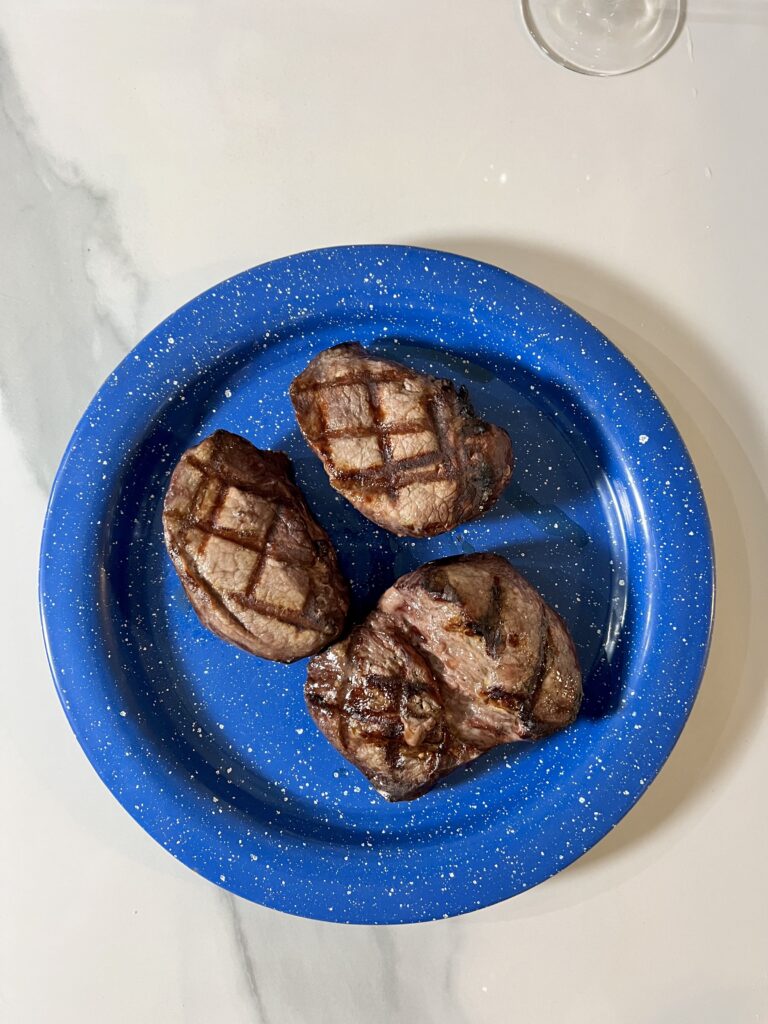
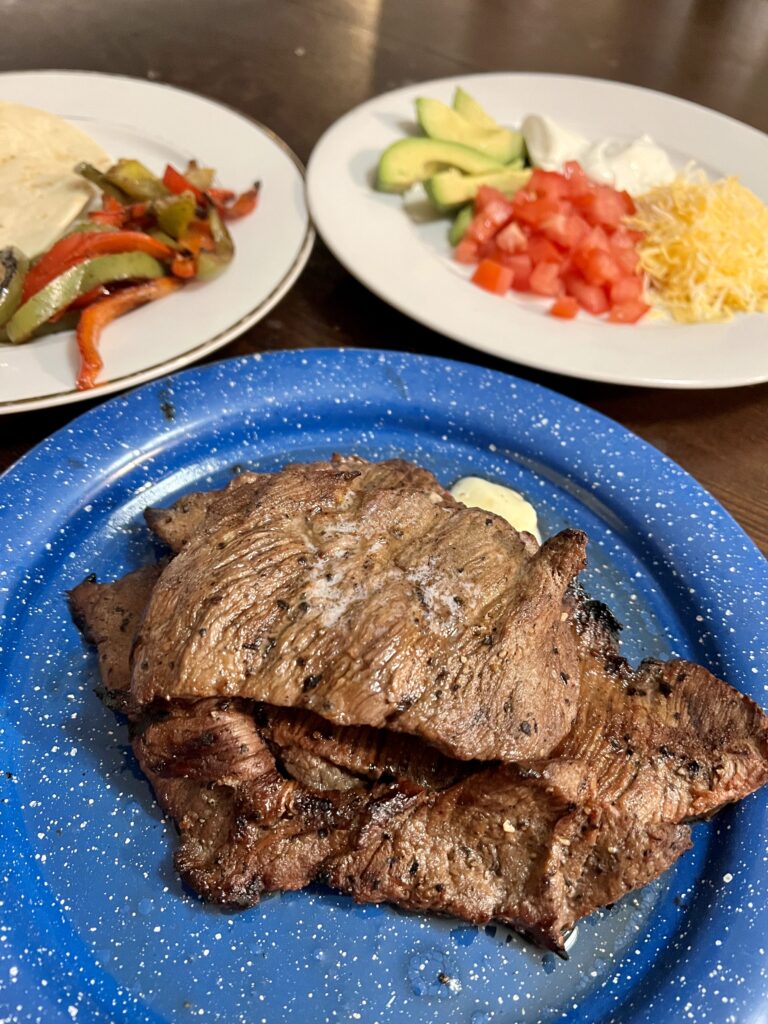
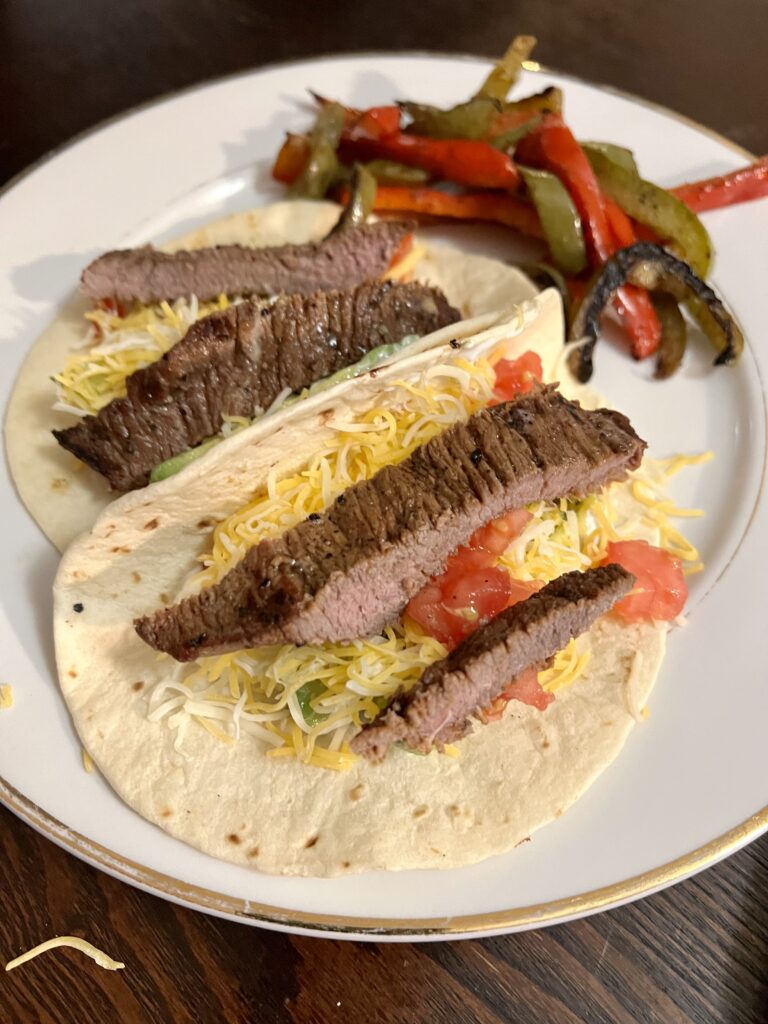
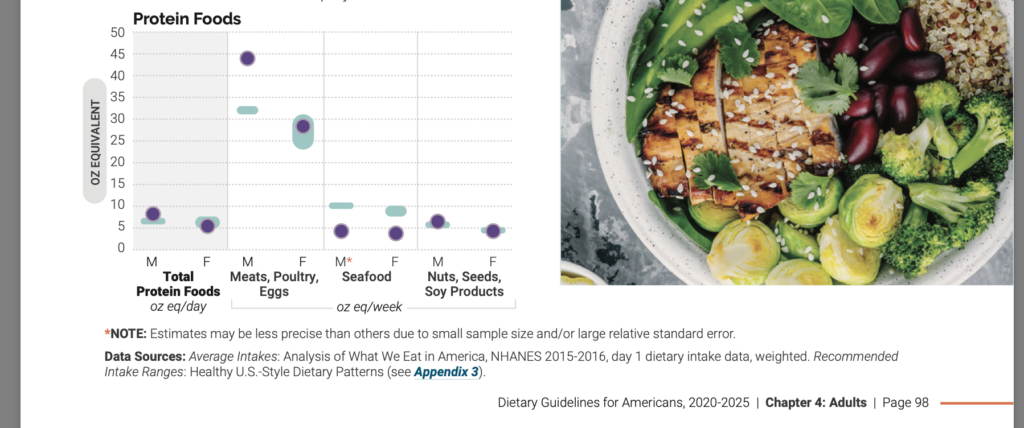
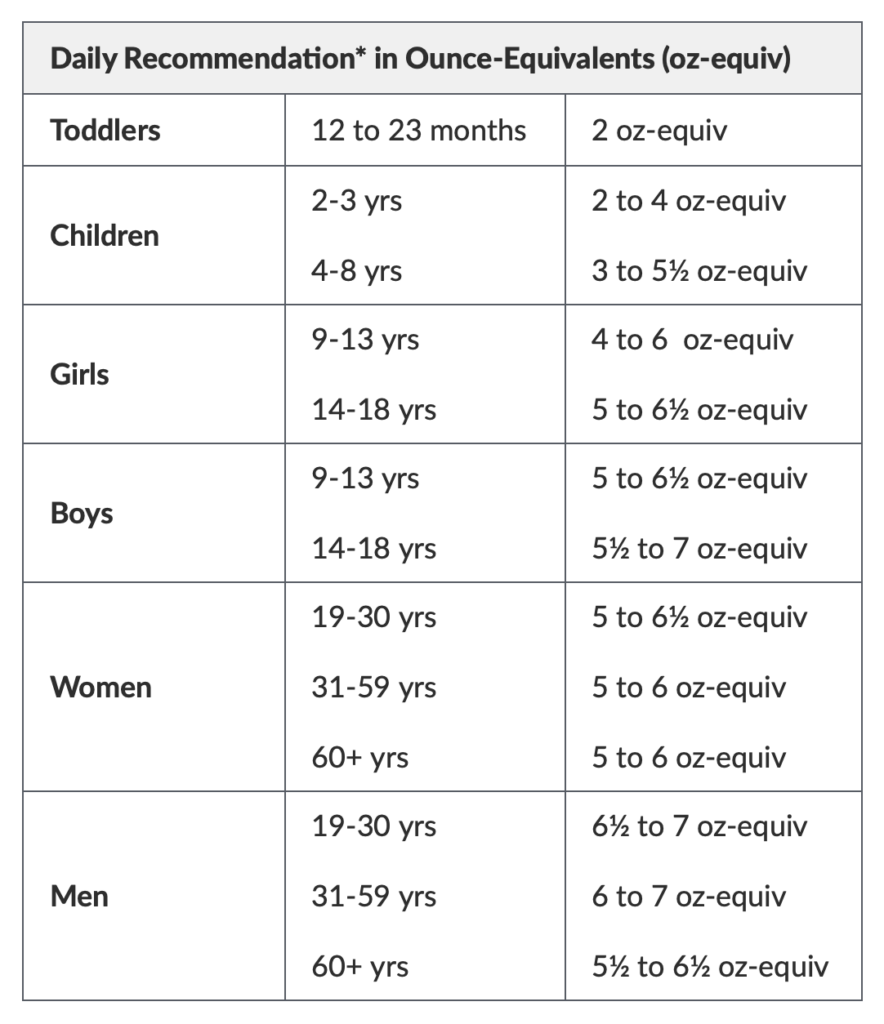
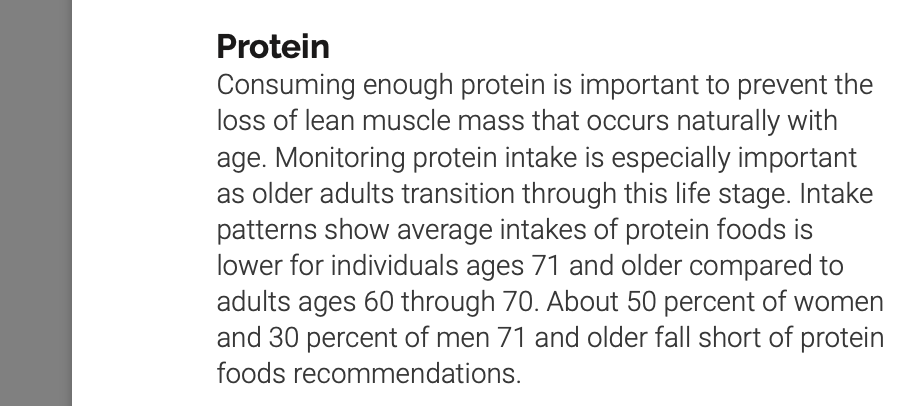
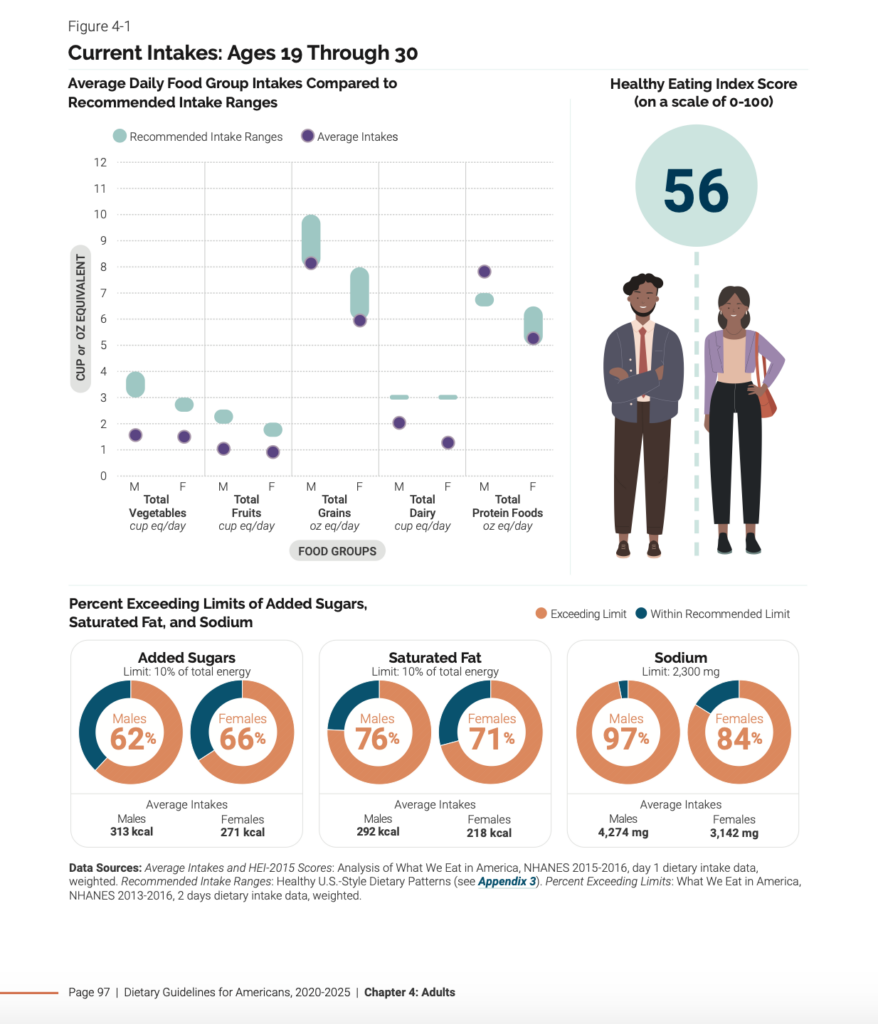


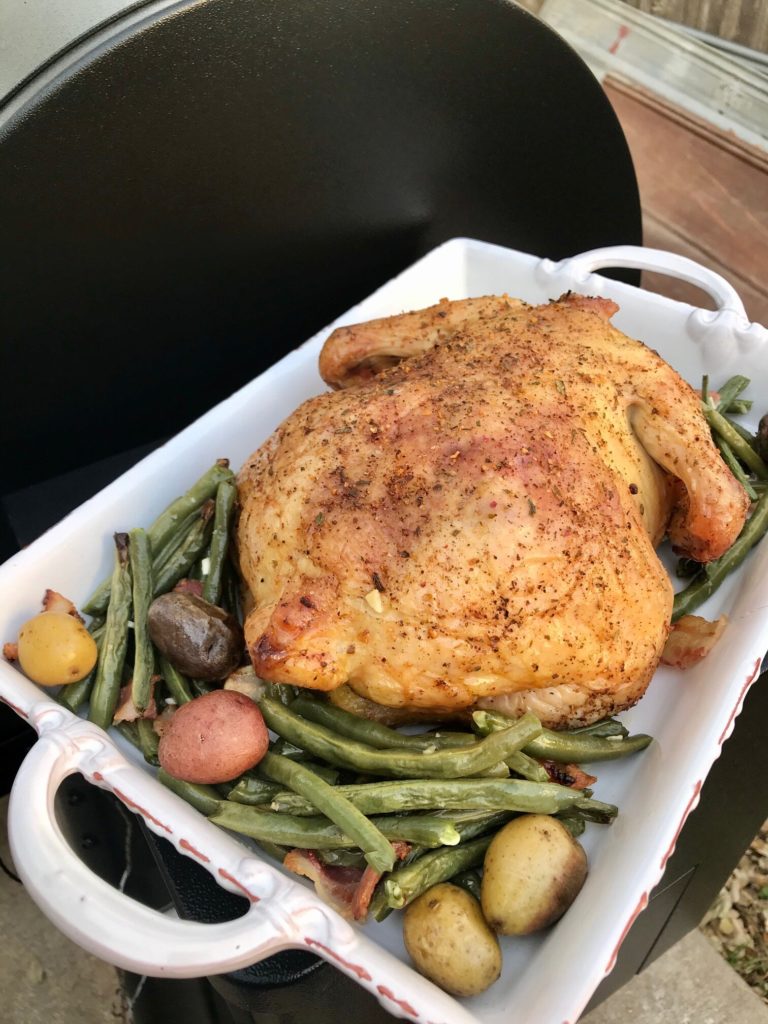
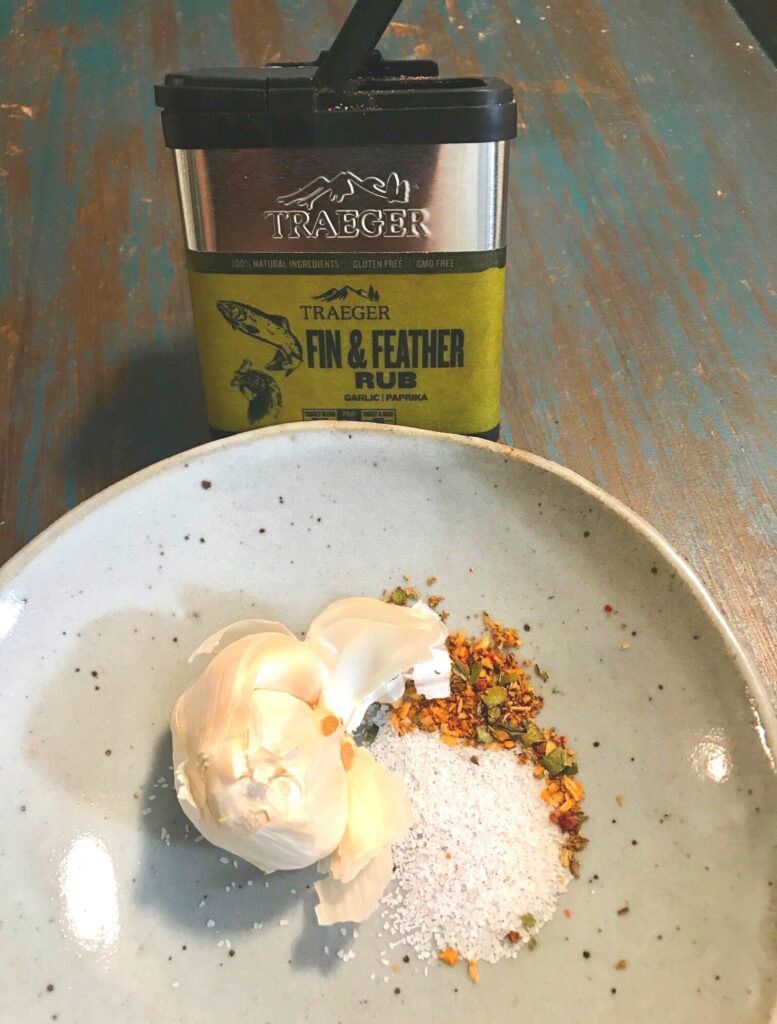



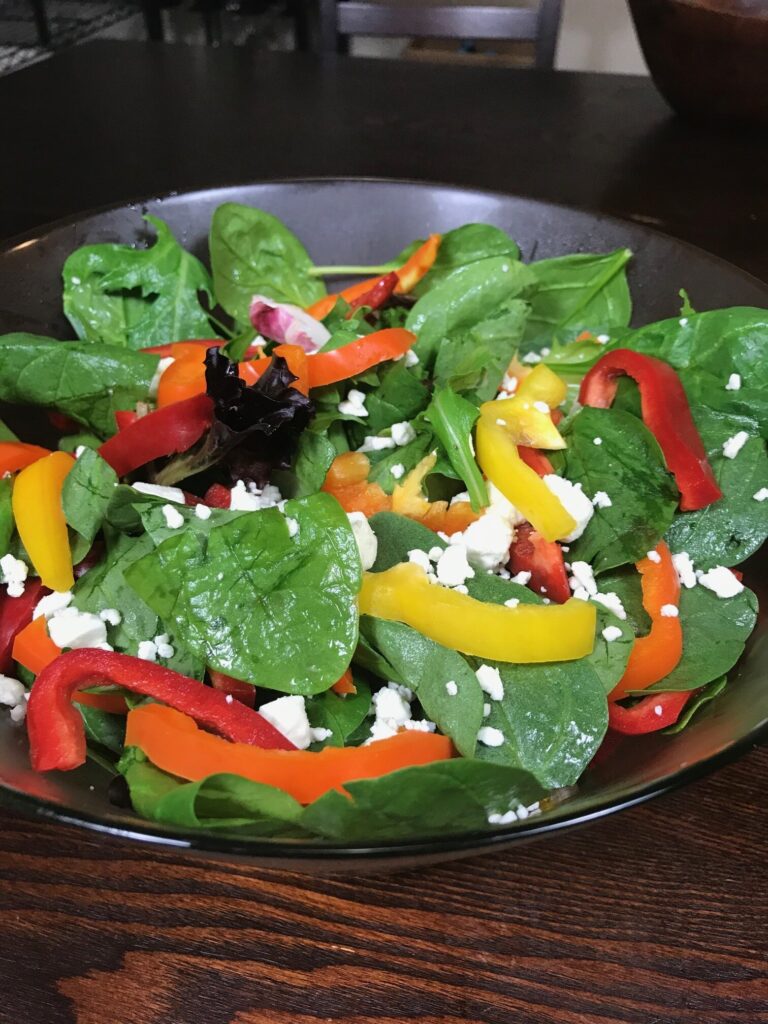

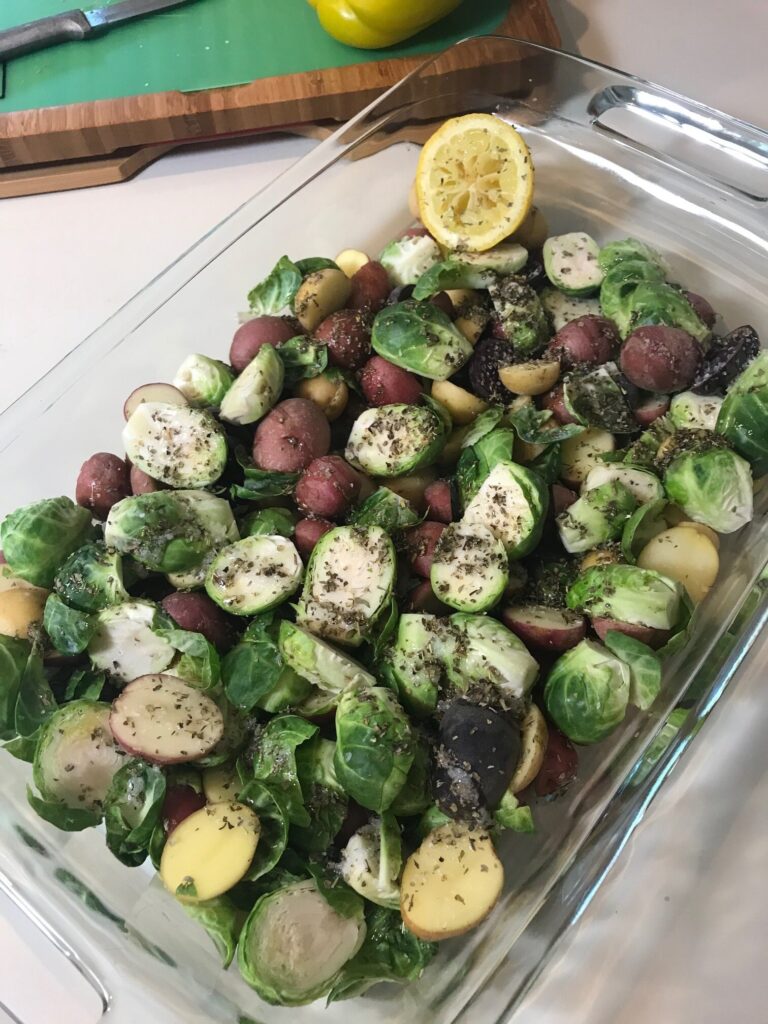

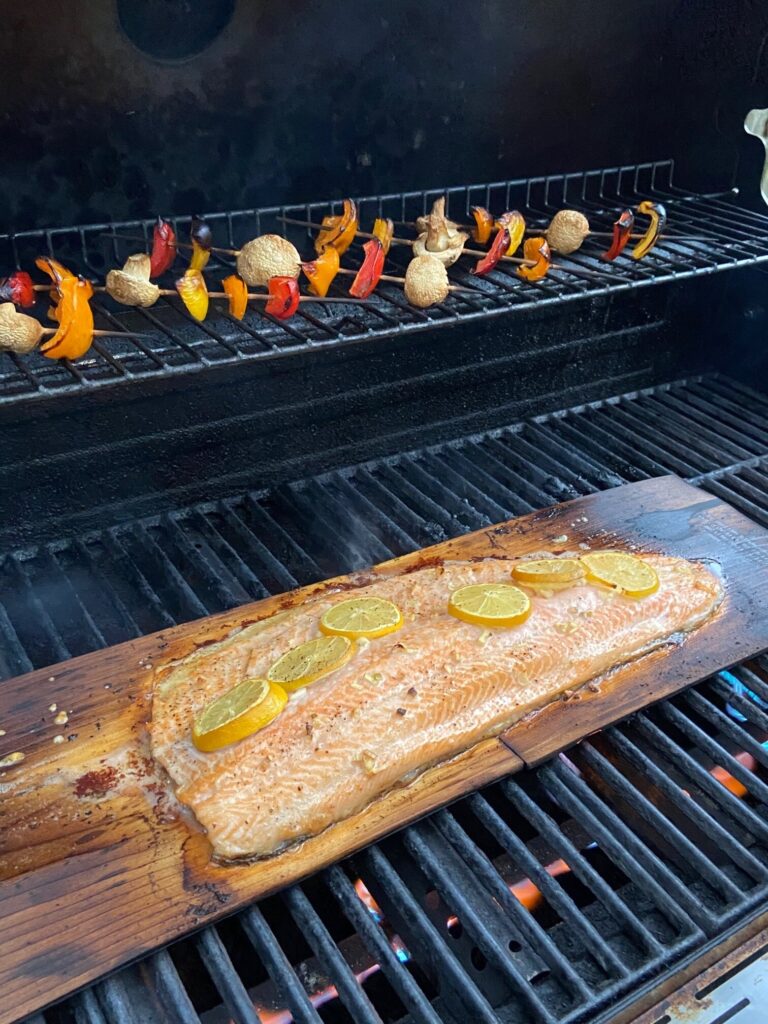
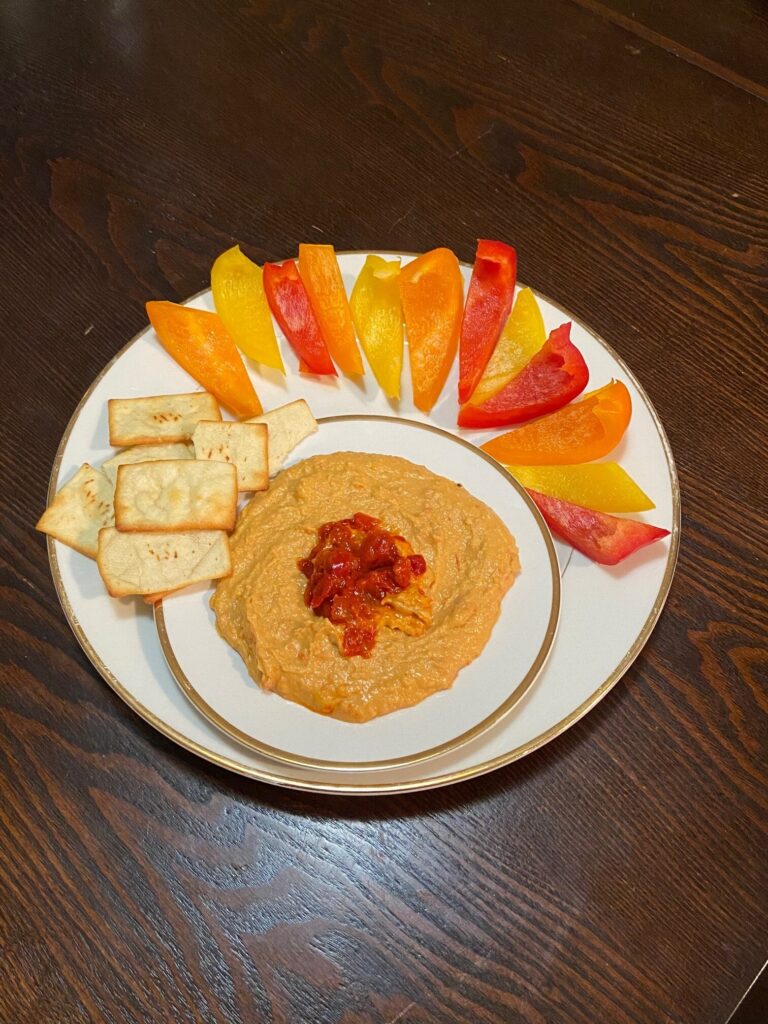
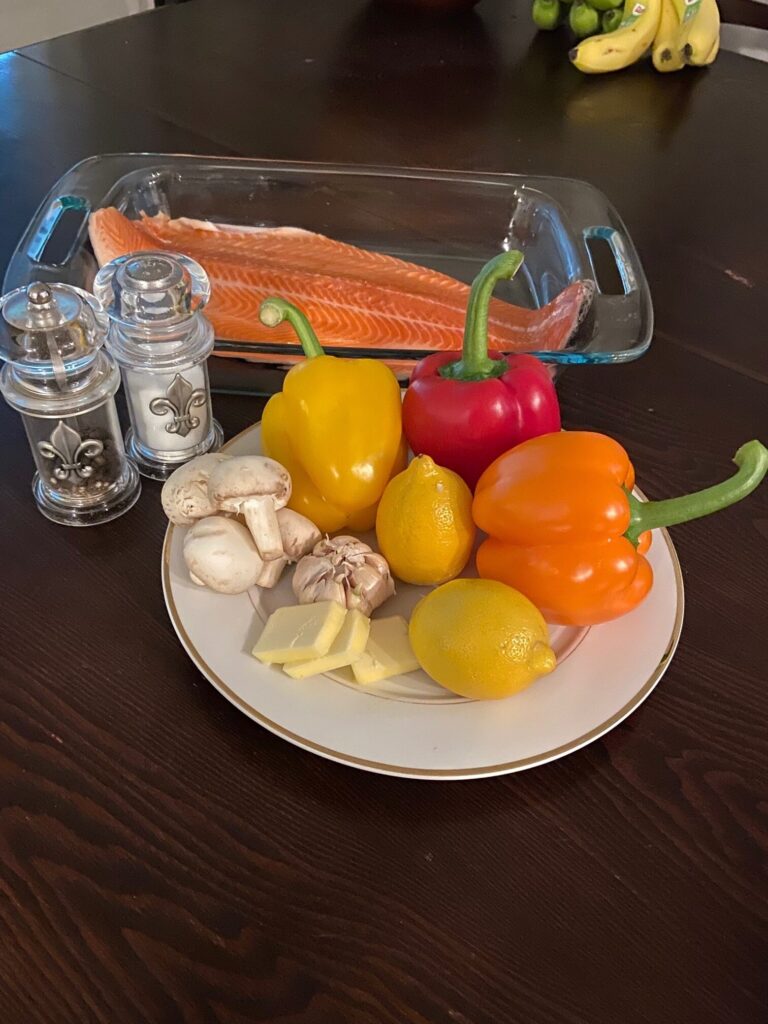
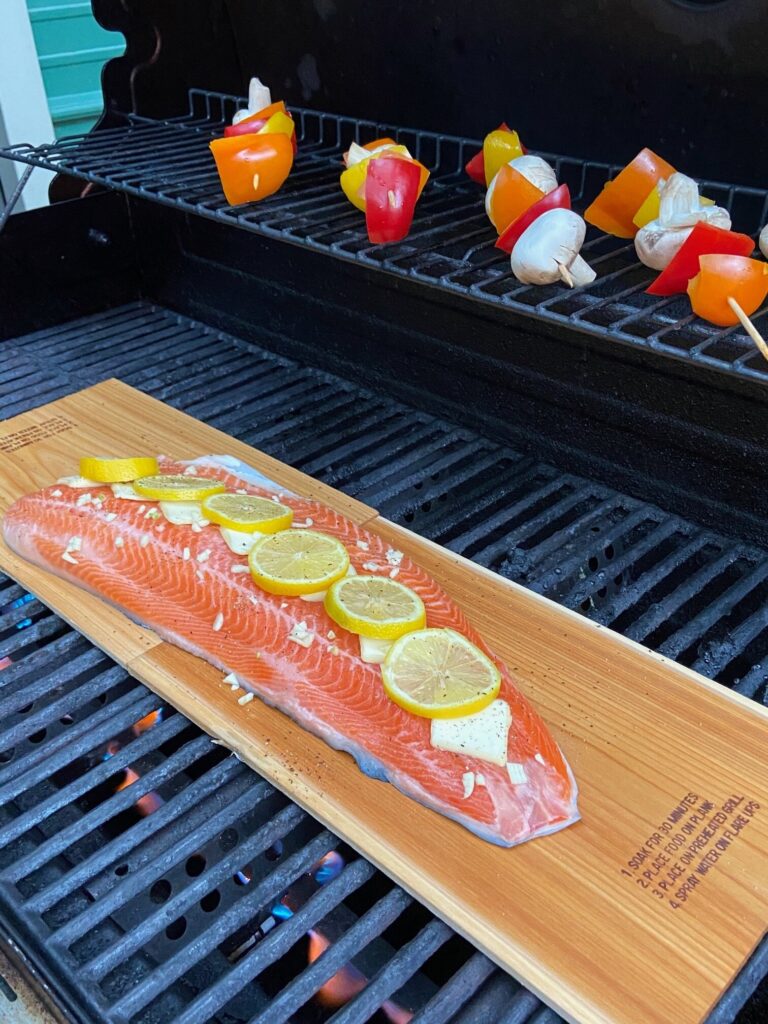
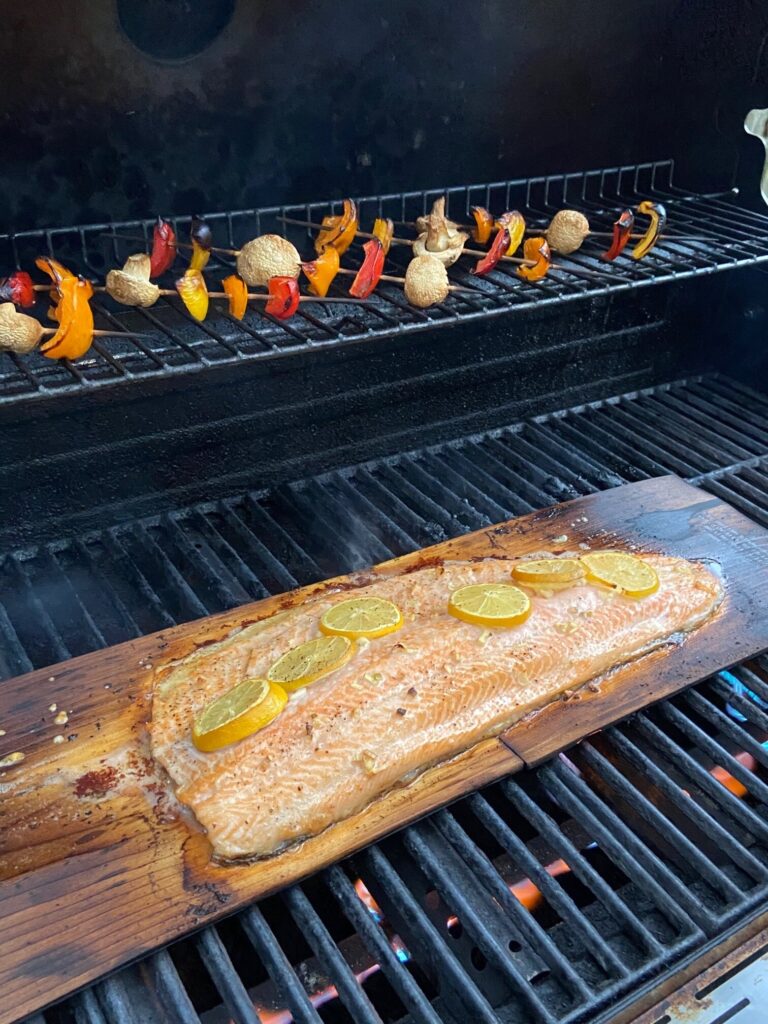
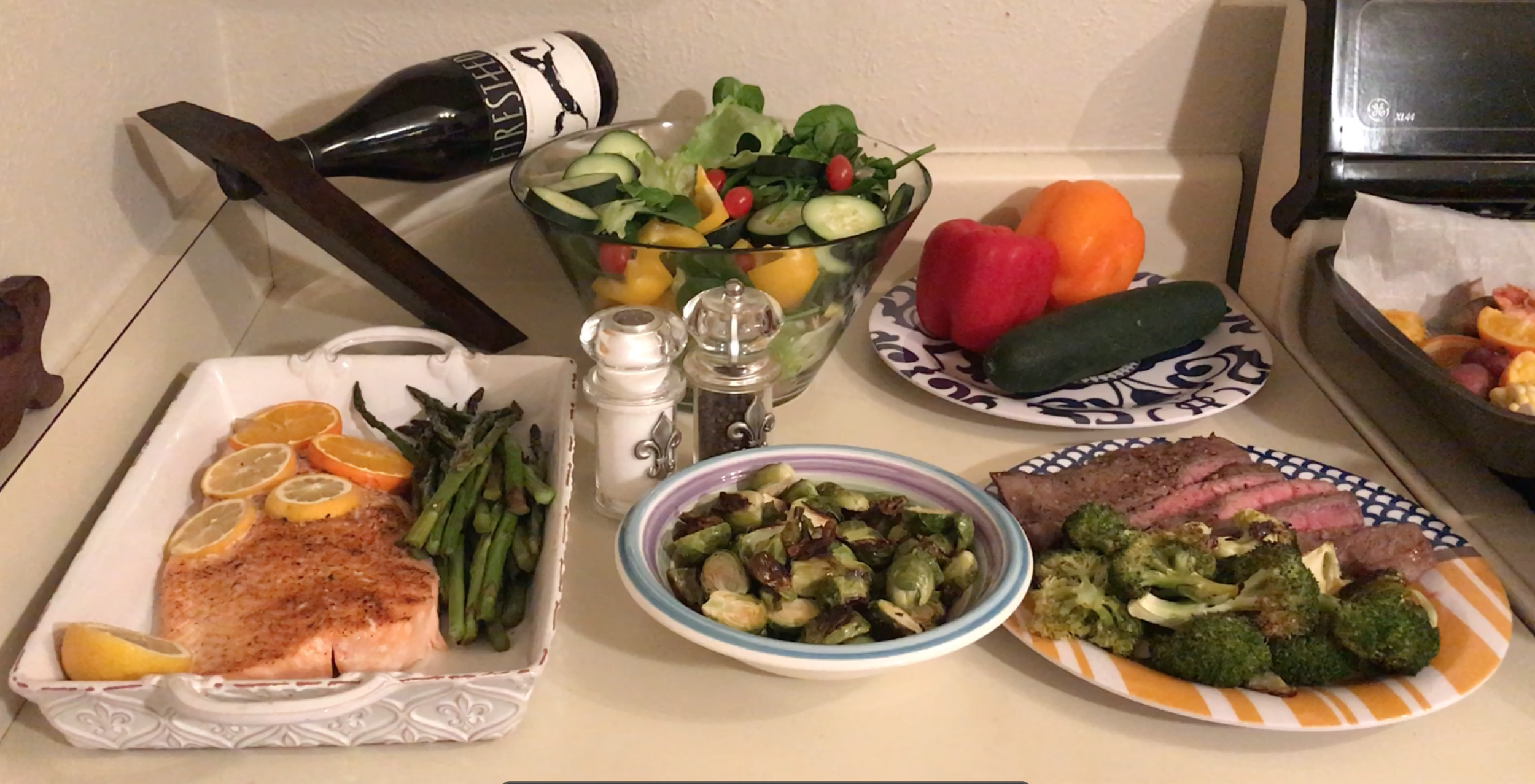

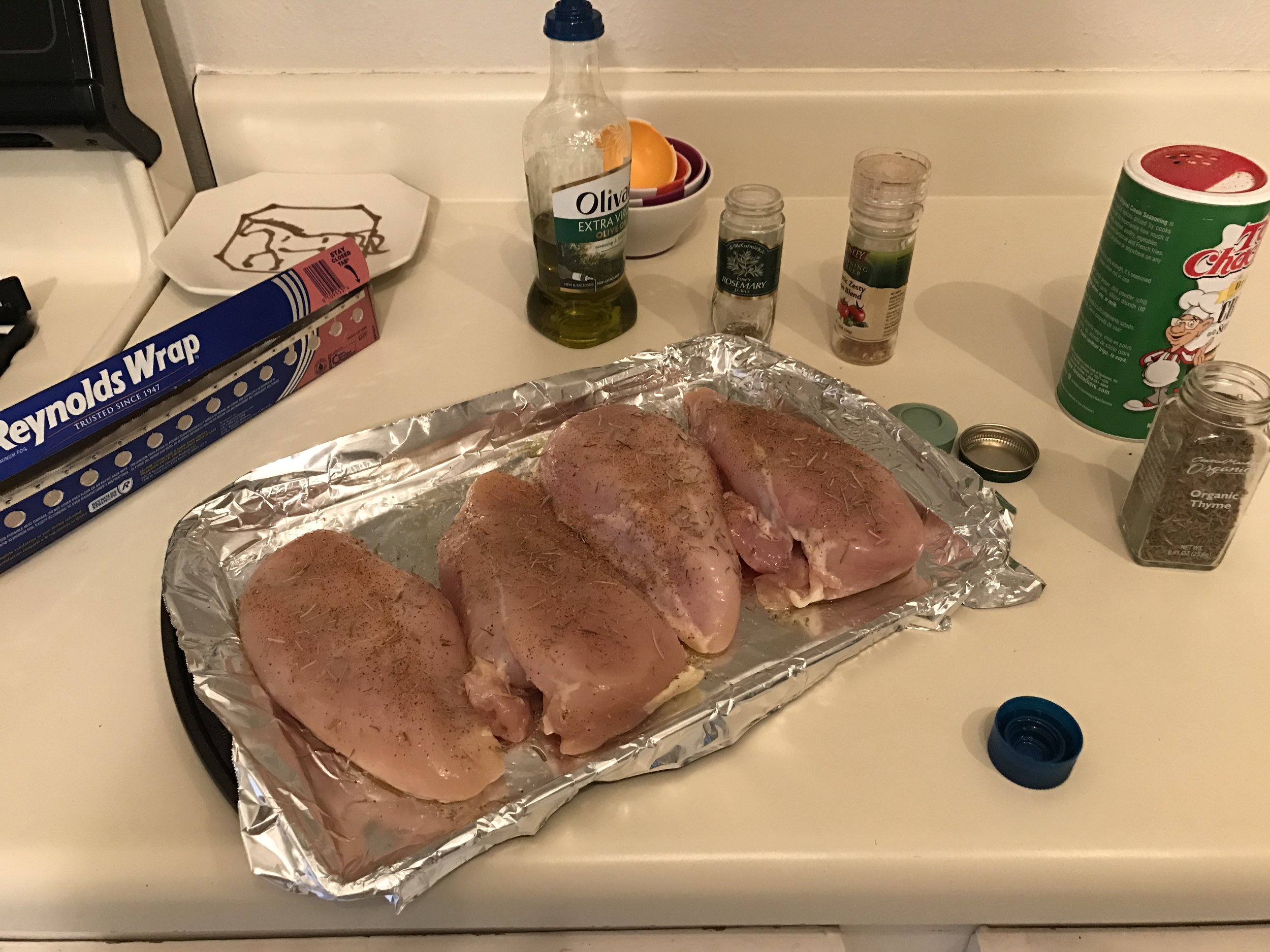
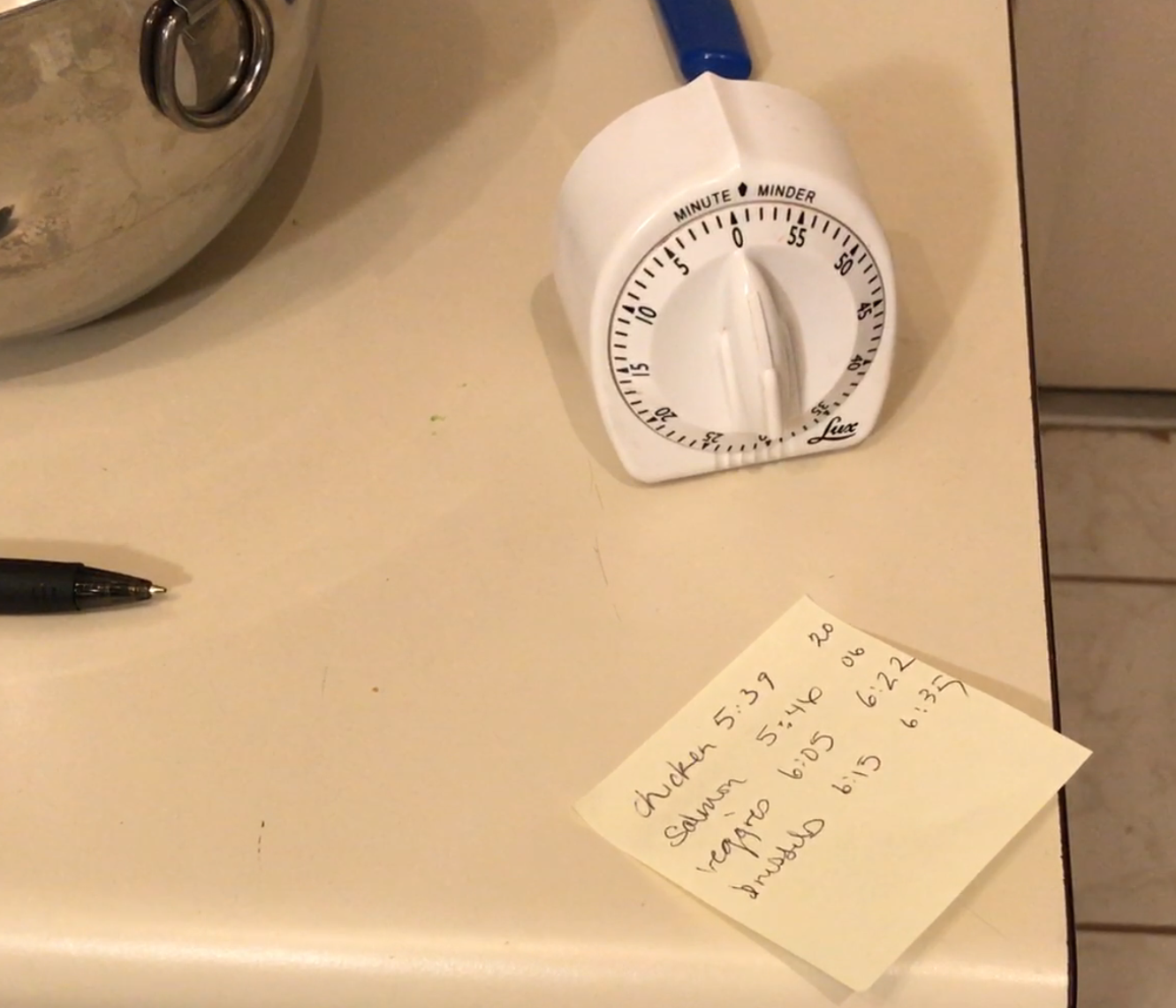
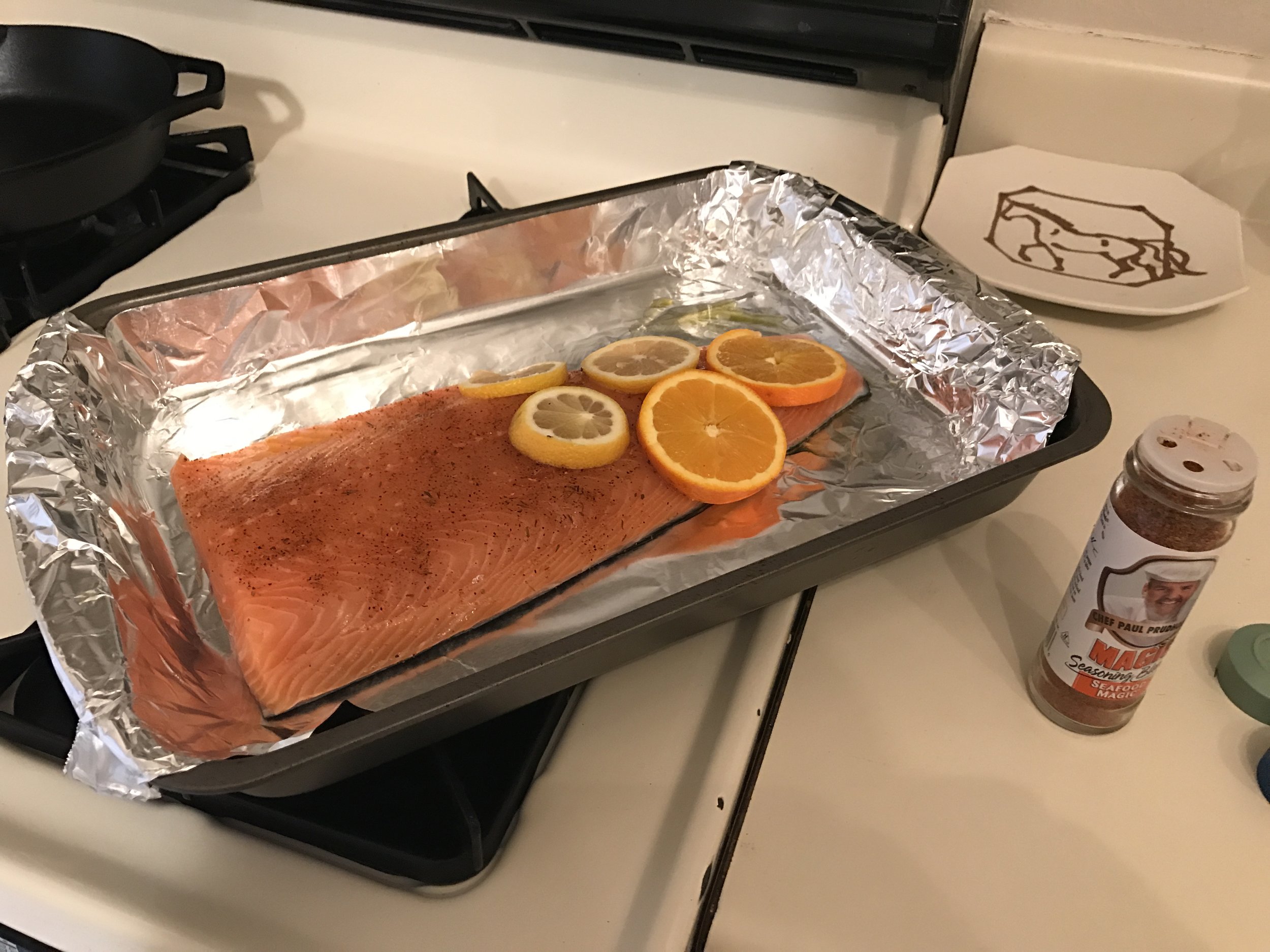
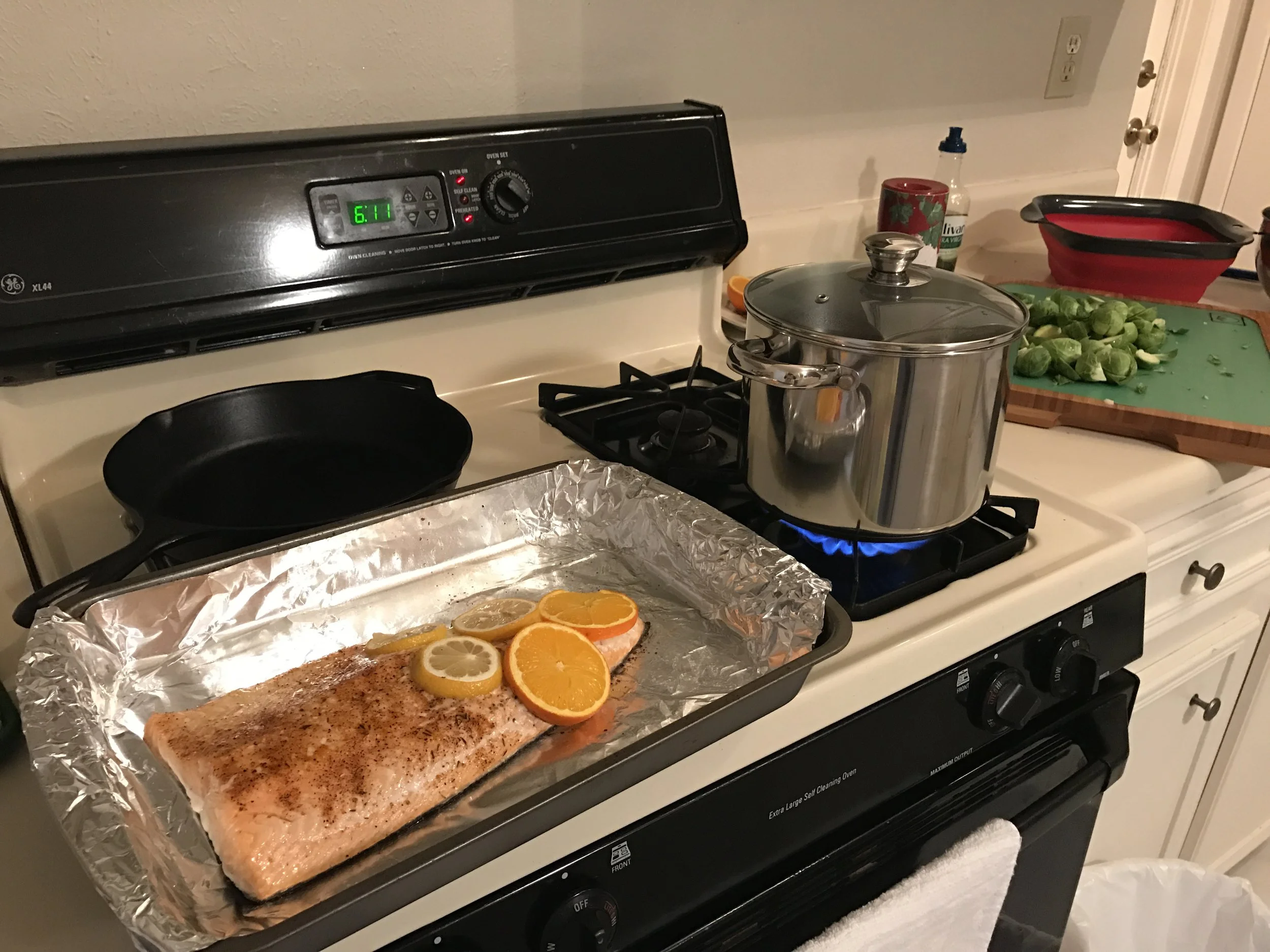

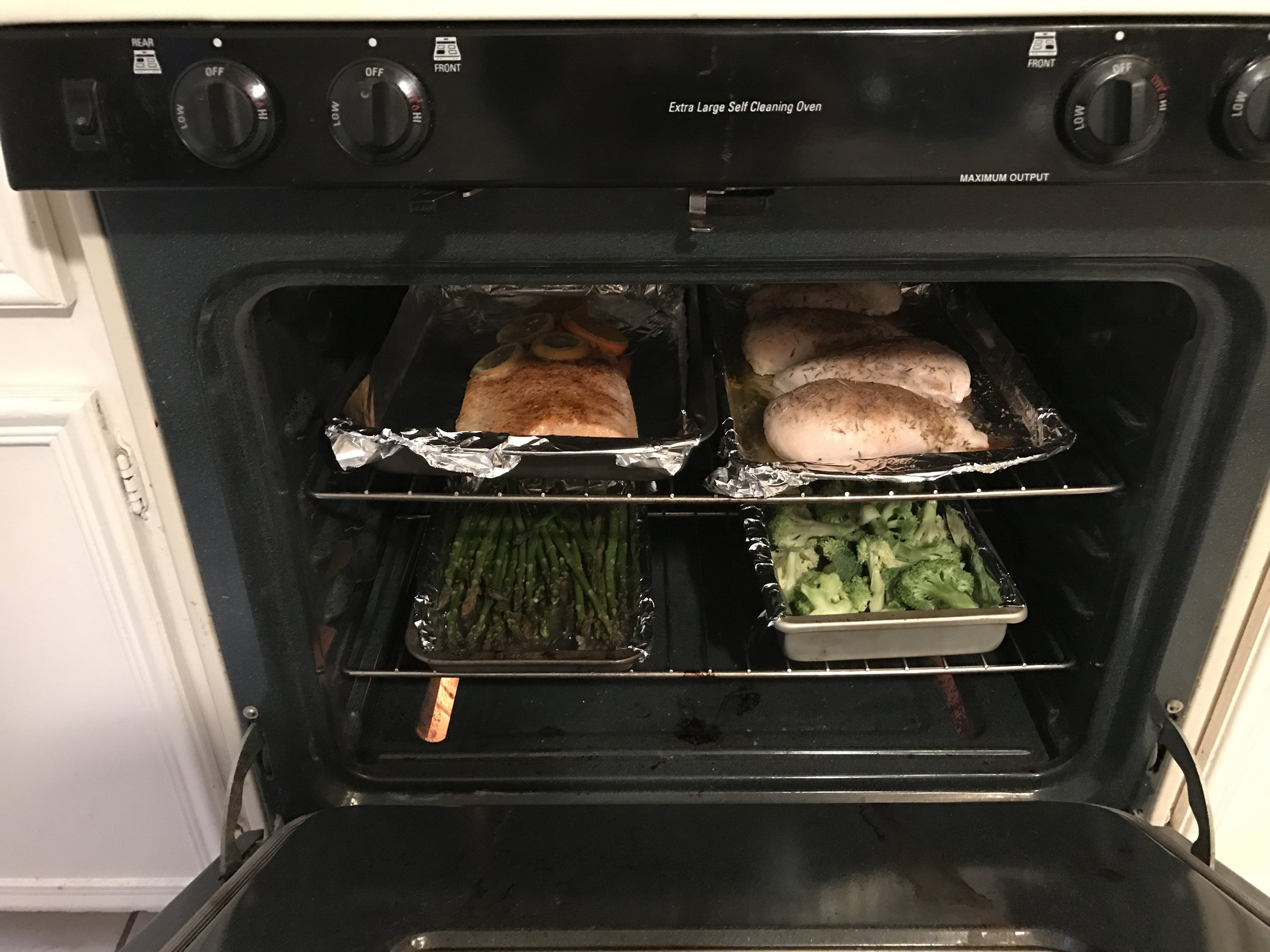

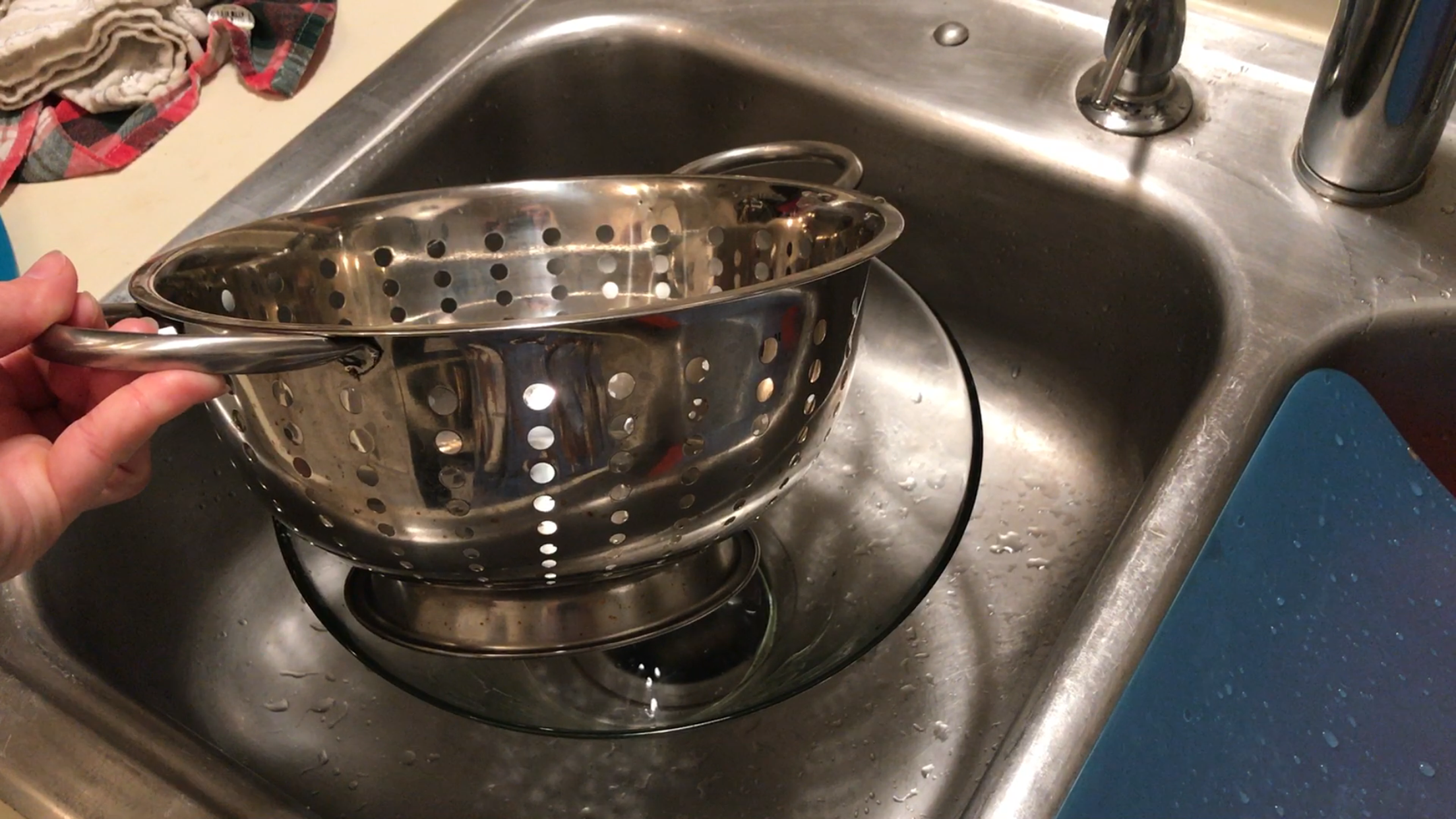
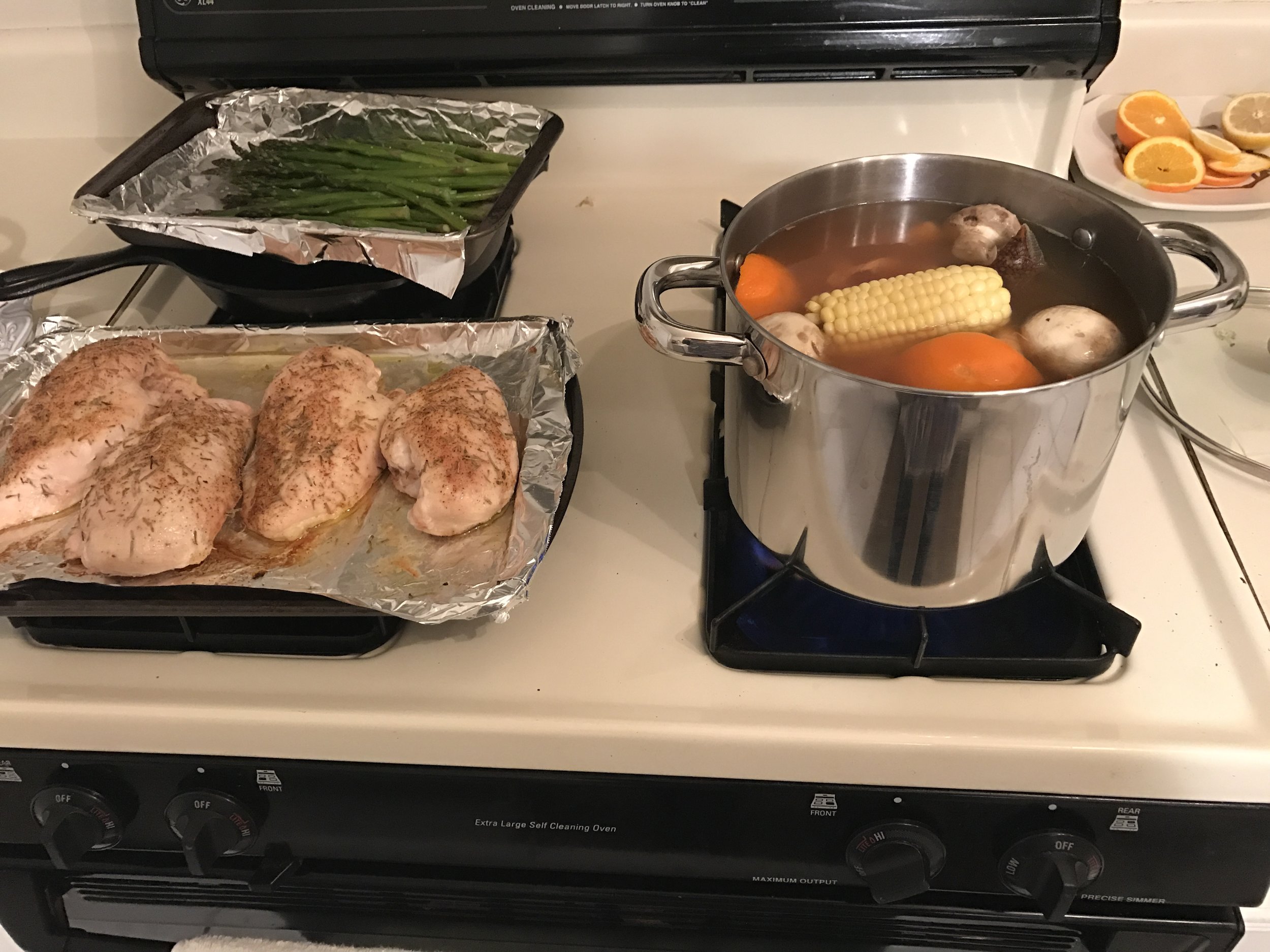


 I just love their sushi.
I just love their sushi. 